Feeling under the weather? Here are the best foods to eat when you're sick
These foods are rich in vitamins and minerals, simple carbohydrates and protein, making them great foods to eat when you're sick
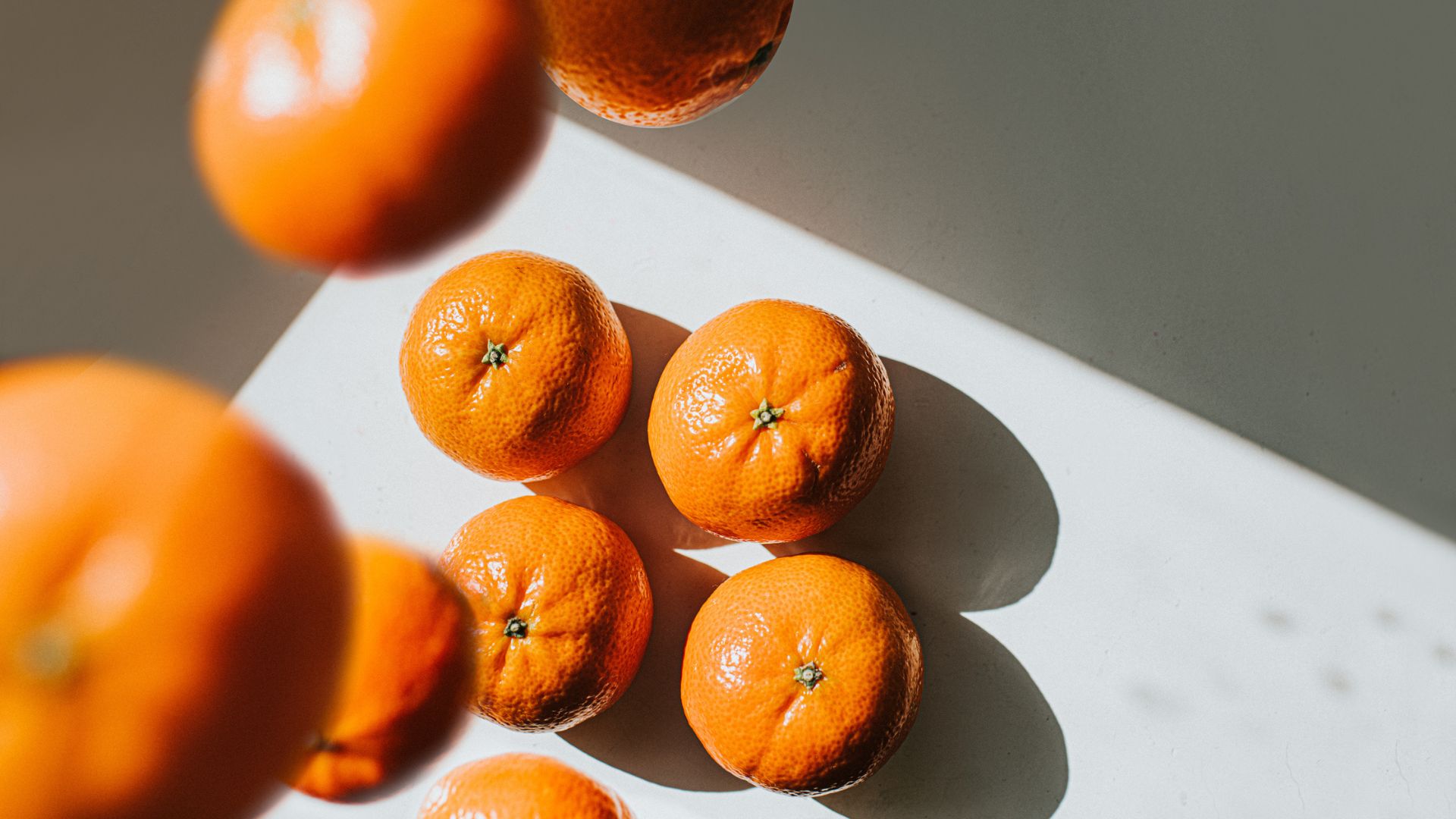

When you're feeling under the weather, having nutrient-rich foods on hand will keep your spirits up and contribute to the functioning of your immune system. The stronger your immune system, the quicker you'll be back in full health.
The best foods to eat when you're sick will be those rich in immune-boosting vitamins C, B6 and E - antioxidants that can protect the body from toxins and prevent inflammation in the body. It's also a good idea to eat plenty of protein and carbohydrate-rich foods, to keep your strength up.
Common vitamin-rich foods to eat when you're feeling ill include staples like eggs, nuts, and vegetables but there are so many to choose from.
Oranges
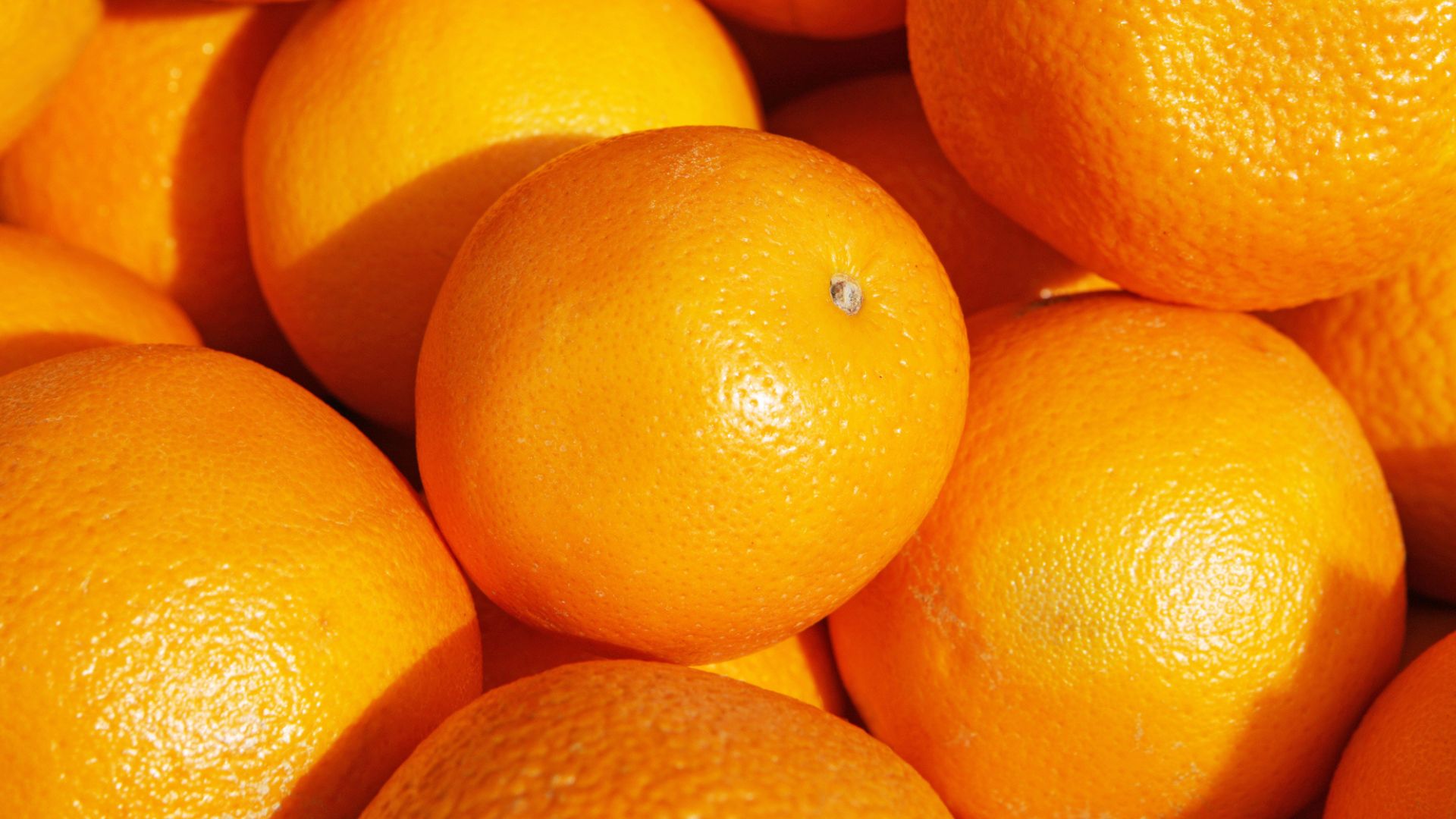
Oranges are famously rich in vitamin C, with 53.2 mg per 100g of the citrus fruit. Per NHS guidelines, the recommended amount of vitamin C for a woman is 75 milligrams (mg) and 90 mg a day for men, so this is a great starting point.
Tear into segments and serve with yogurt for a great vitamin-rich-filling snack to stay full if your appetite has gone.
So Good: Food you want to eat, designed by a nutritionist | £17.99 at Amazon
This Sunday Times bestseller is one of the best cookbooks for healthy, nutritionally balanced meals that you'll actually want to eat. Featuring 80 recipes all steeped in nutritional science, So Good explains the principles of healthy eating in an accessible (and fun) way.
Bananas
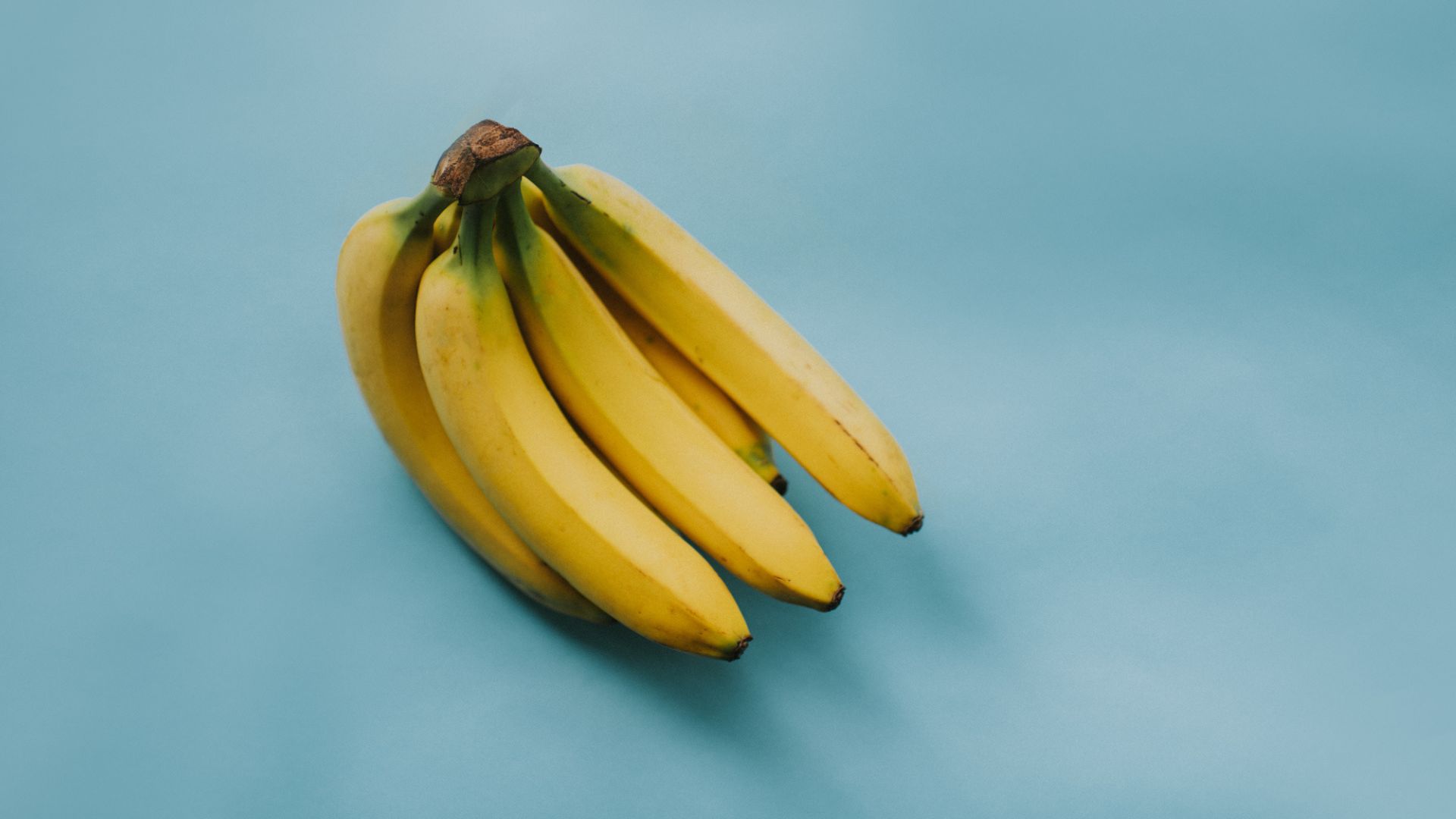
When you're sick, it's important to eat foods that are high in carbohydrates but low in fibre - especially if you're dealing with digestive issues as a symptom.
Bananas are perfect for this - they are bland in flavour, rich in complex carbohydrates, and contain many essential nutrients, without being tough to digest.
Sign up for the woman&home newsletter
Sign up to our free daily email for the latest royal and entertainment news, interesting opinion, expert advice on styling and beauty trends, and no-nonsense guides to the health and wellness questions you want answered.
White pasta
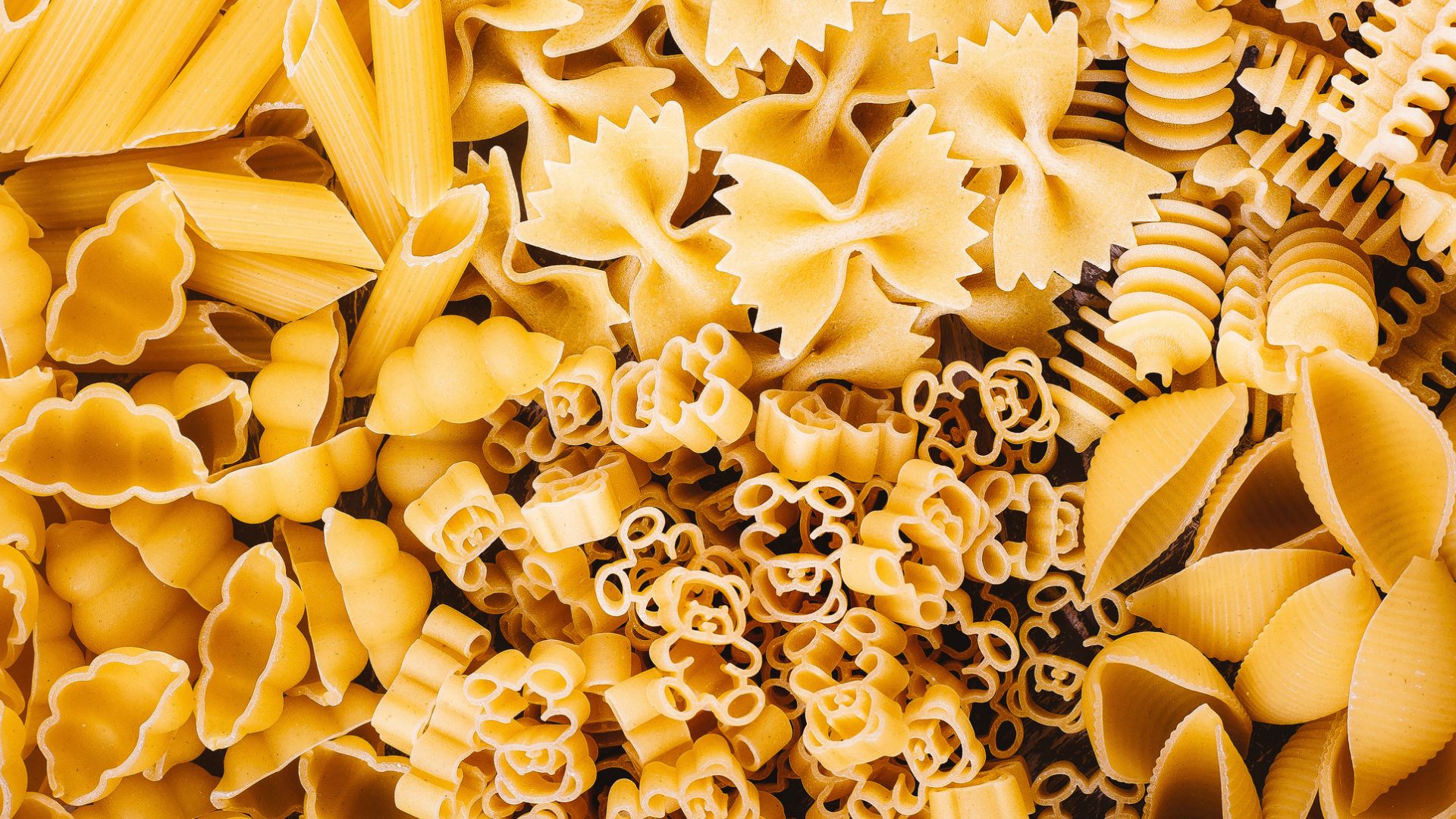
Plain white pasta is an excellent food to eat if you're feeling sick - especially if you're feeling nauseous or having digestive discomfort. It's very bland, so it sticks with the BRAT principle for eating for nausea.
BRAT stands for bananas, rice, applesauce, and toast - four foods that meet this criteria as they are rich in carbohydrates, low in fibre, and bland in taste.
Eggs
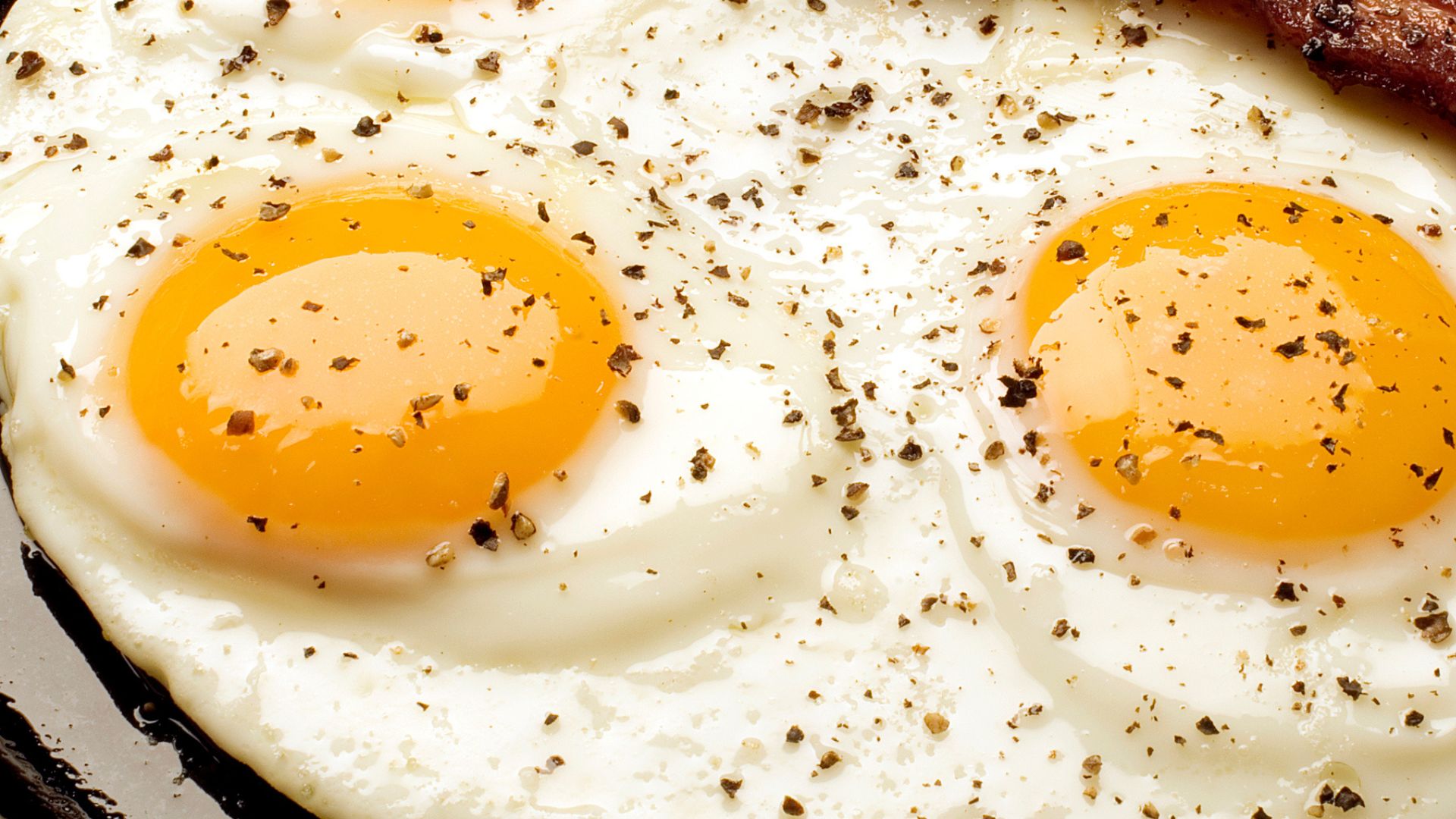
Eggs are the perfect food to eat when you're sick - although the smell may be a little hard to stomach if you're nauseous.
Not only are they rich in protein, which can keep you full if you've lost your appetite, but they are gentle on the digestive system. Pair with plain wholemeal bread and butter for a simple meal.
Baked chicken
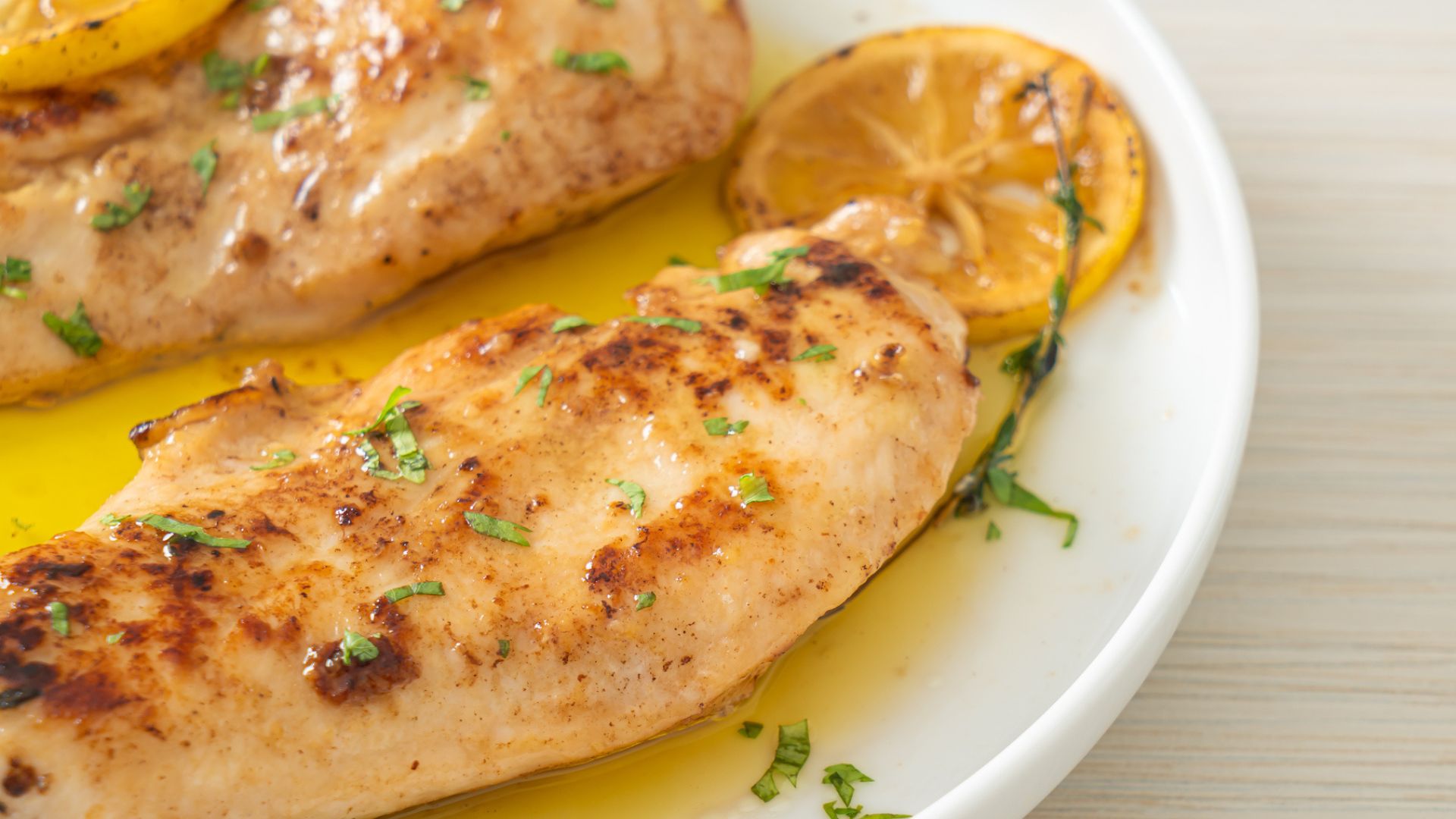
Chicken is one of the best foods you can have if you're sick, regardless of whether it's a seasonal cold or a stomach bug. Baking it, rather than roasting or frying, keeps the recipe simple. This lean meat is rich in protein at 28g per 100g of chicken, meaning it can help keep you full so you don't have to eat as much.
Chicken is also rich in cysteine, an amino acid that has antiviral, anti-inflammatory, and antioxidant benefits, and can help to break apart mucus in the body, all of which are very useful if you've been hit with a cold.
Chicken noodle soup
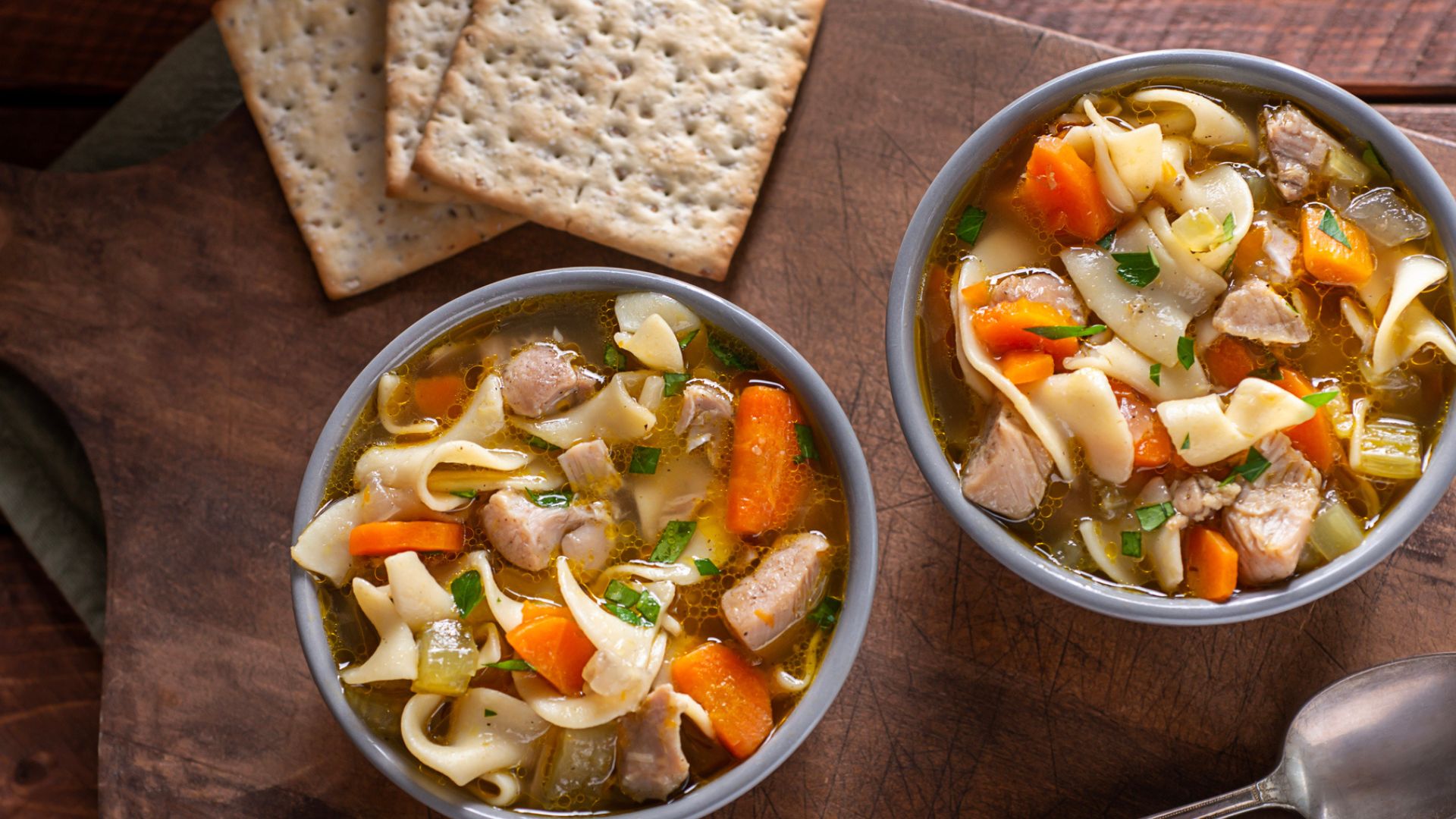
Soup is always a good idea when you're feeling under the weather - and chicken noodle is one of the best. It's been the go-to for curing everything from dehydration to colds for generations for good reason. Not only is the chicken in the soup rich in protein and amino acids, but the combination of the meat and the water-based soup is a good source of electrolytes.
Electrolytes, as a report by Lausanne University Hospital reveals, are nutrients the body needs to stay properly hydrated. You may be more at risk of dehydration when you're ill, so keeping these topped up is important.
The soup's warmth can also help to reduce congestion in the sinuses.
Strawberries
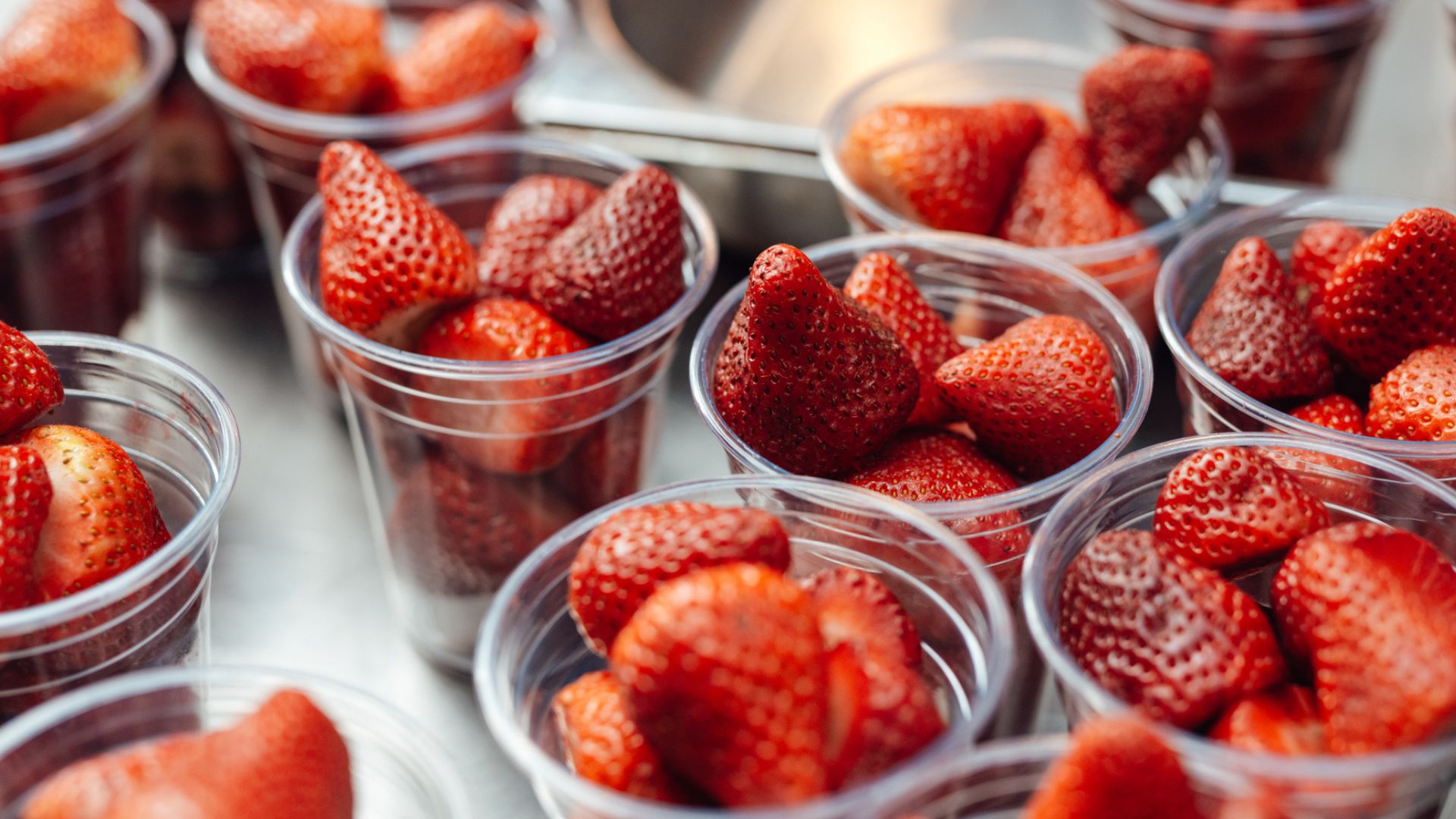
When you're feeling sick, whether it's a cold or minor food poisoning, getting enough electrolytes and staying hydrated is very important. Prioritising foods with a high water content, like strawberries, is one way to do this.
Strawberries are also very rich in vitamin C and antioxidants, which can help support the immune system and give it the help it needs to repair the body.
Ginger
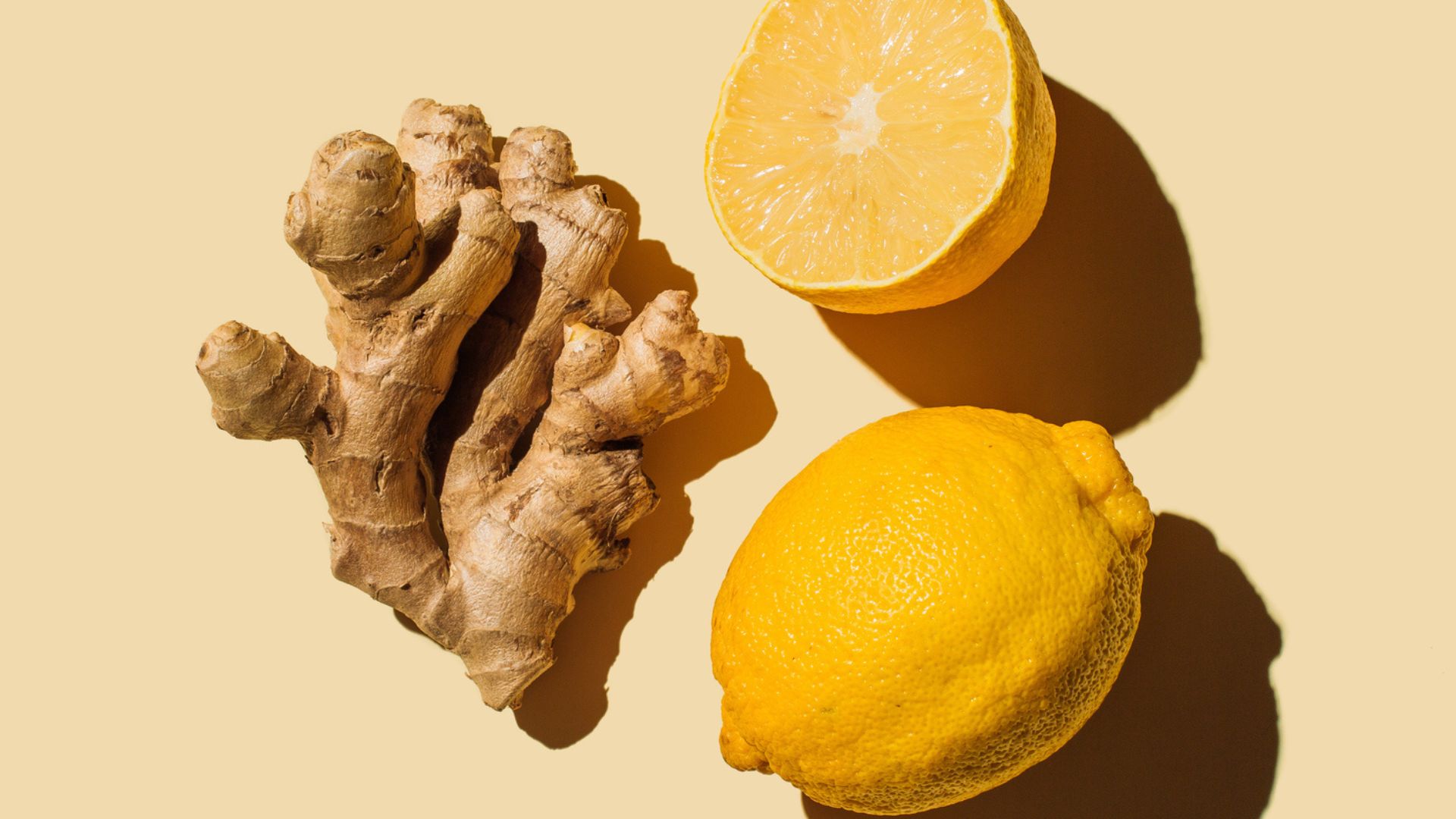
Ginger has been the go-to remedy for all kinds of stomach issues for hundreds - if not thousands - of years. Everything from morning sickness to minor food poisoning can be improved with this spice.
It's also been known to help with migraines, colds, coughs, and other flu-like symptoms thanks to its high vitamin C content.
Jelly
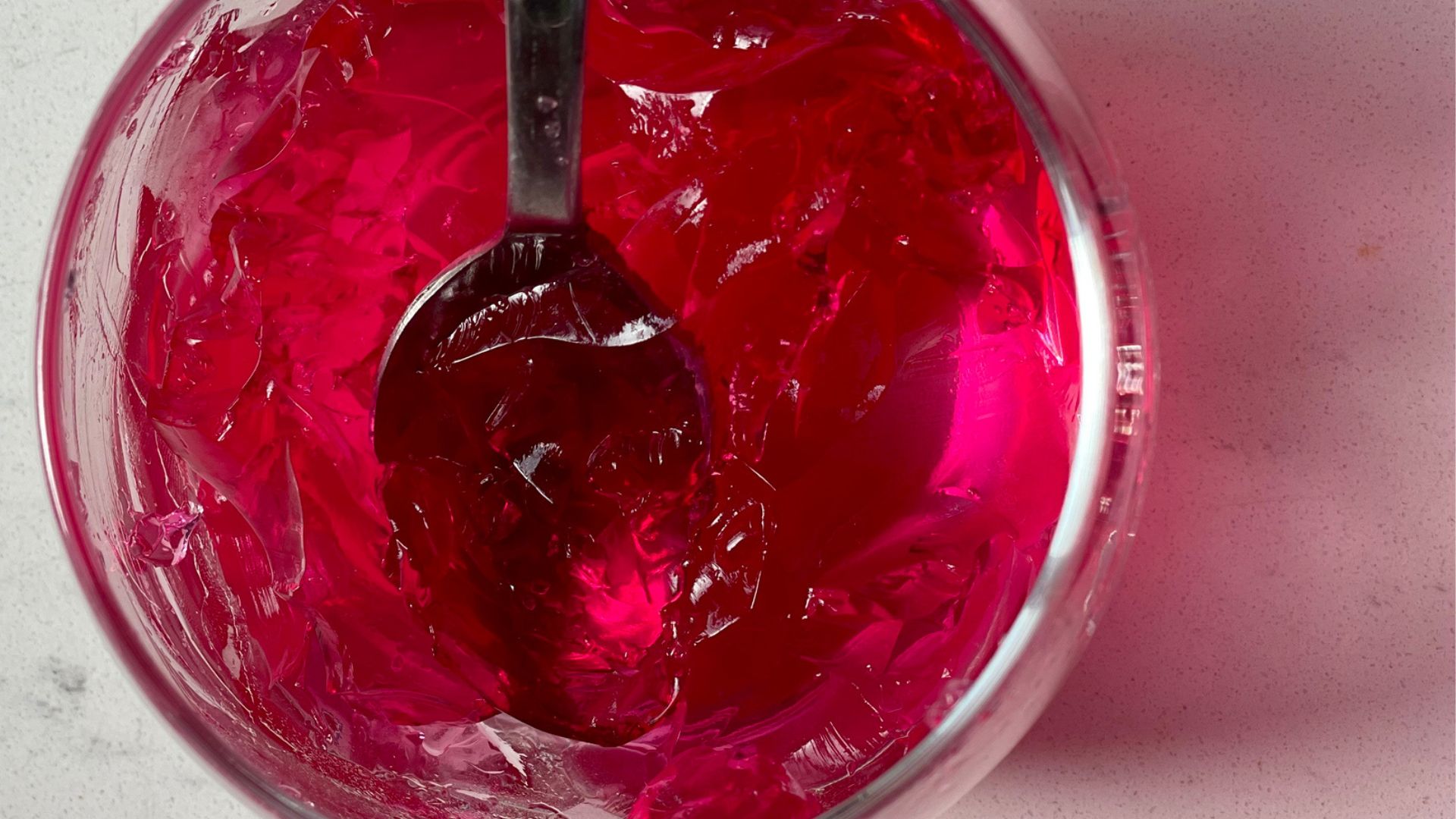
If you're struggling to keep your food down or your throat is sore, jelly can help. It's very easy on the stomach as it contains very little active ingredients and is mainly made of gelatin.
Jelly can keep your energy levels stable as it can help to regulate your blood sugar, and it's simple to make so an excellent choice for those who want something quick. In fact, it's an easy low calorie snack even when you're not feeling poorly!
Crackers
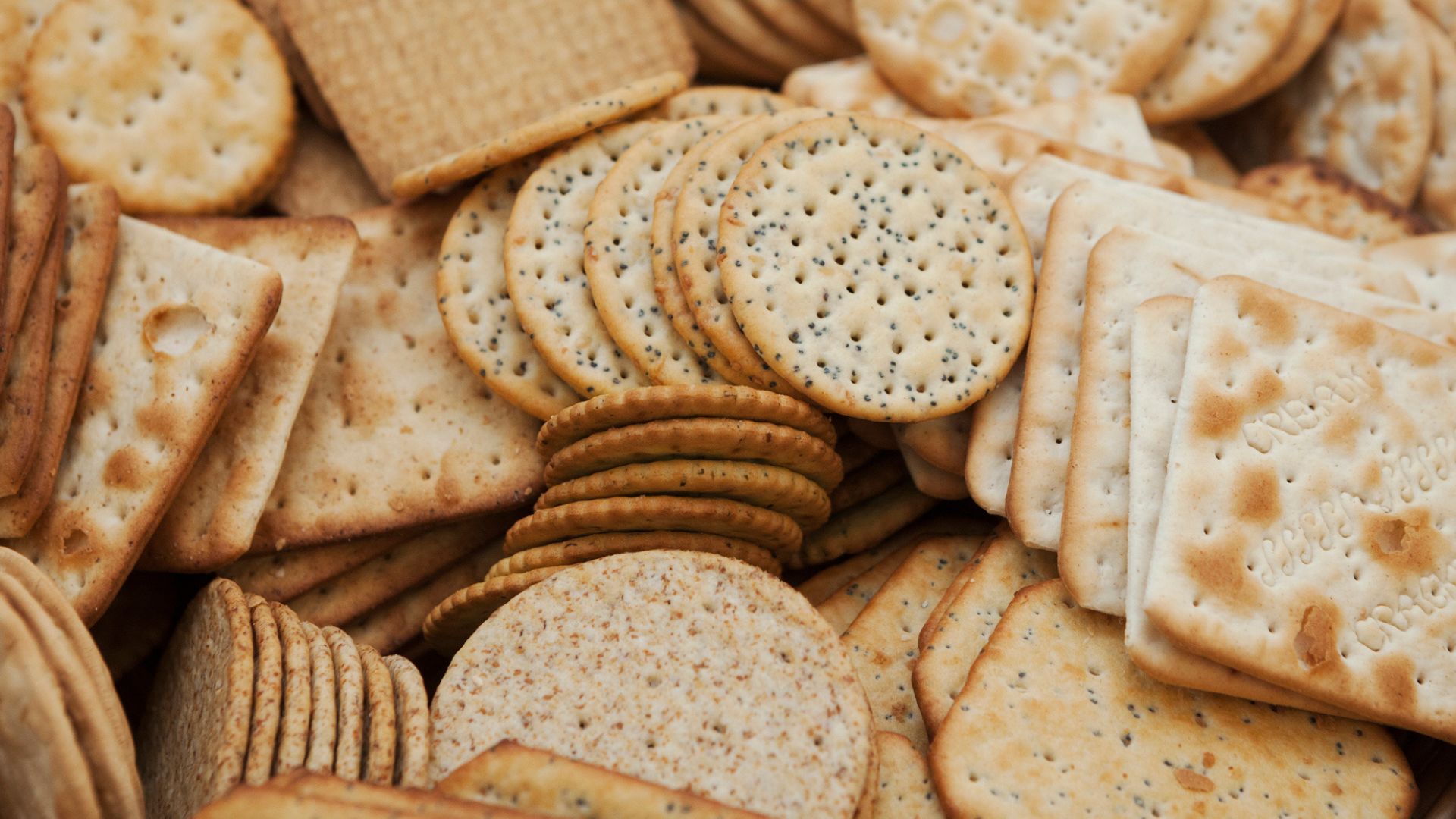
Crackers are often made with refined white bread flour. This simple carbohydrate option is a good one if you're dealing with stomach issues with vomiting or diarrhea as it won't irritate the stomach lining.
If you have a cold or seasonal flu, you may have lost your appetite. Crackers are an easy snack to keep your energy levels up.
Watermelon
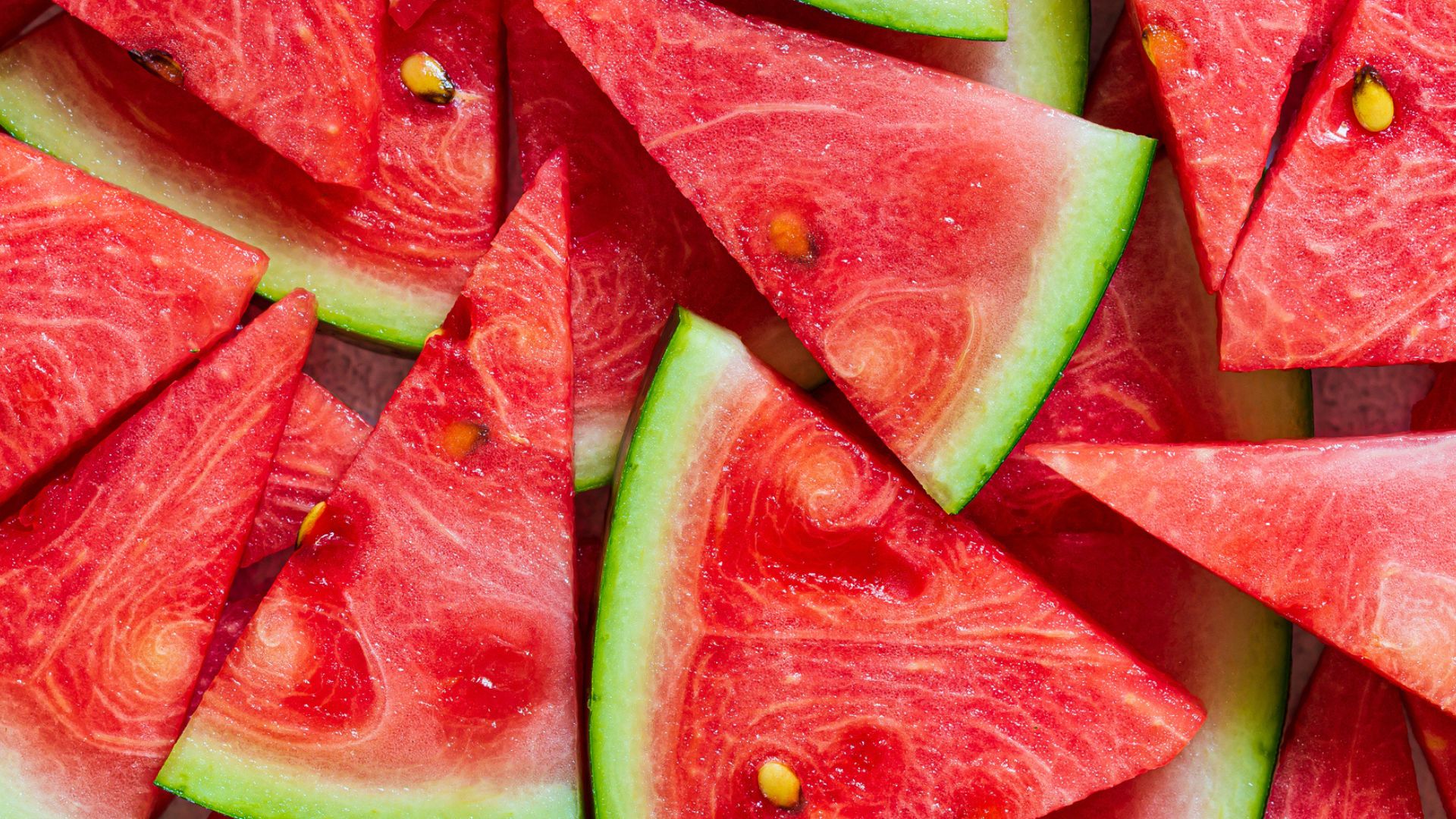
Much like oranges and strawberries, watermelon is a fruit made up mainly of water, which can help to boost hydration levels. It's also a great source of vitamins and lycopene - an antioxidant found in the fibres of the watermelon that is known to reduce inflammation.
Watermelon contains up to 13 million milligrams of lycopene, which is about 40% more than other fruits also rich in the antioxidant - like tomatoes.
White bread
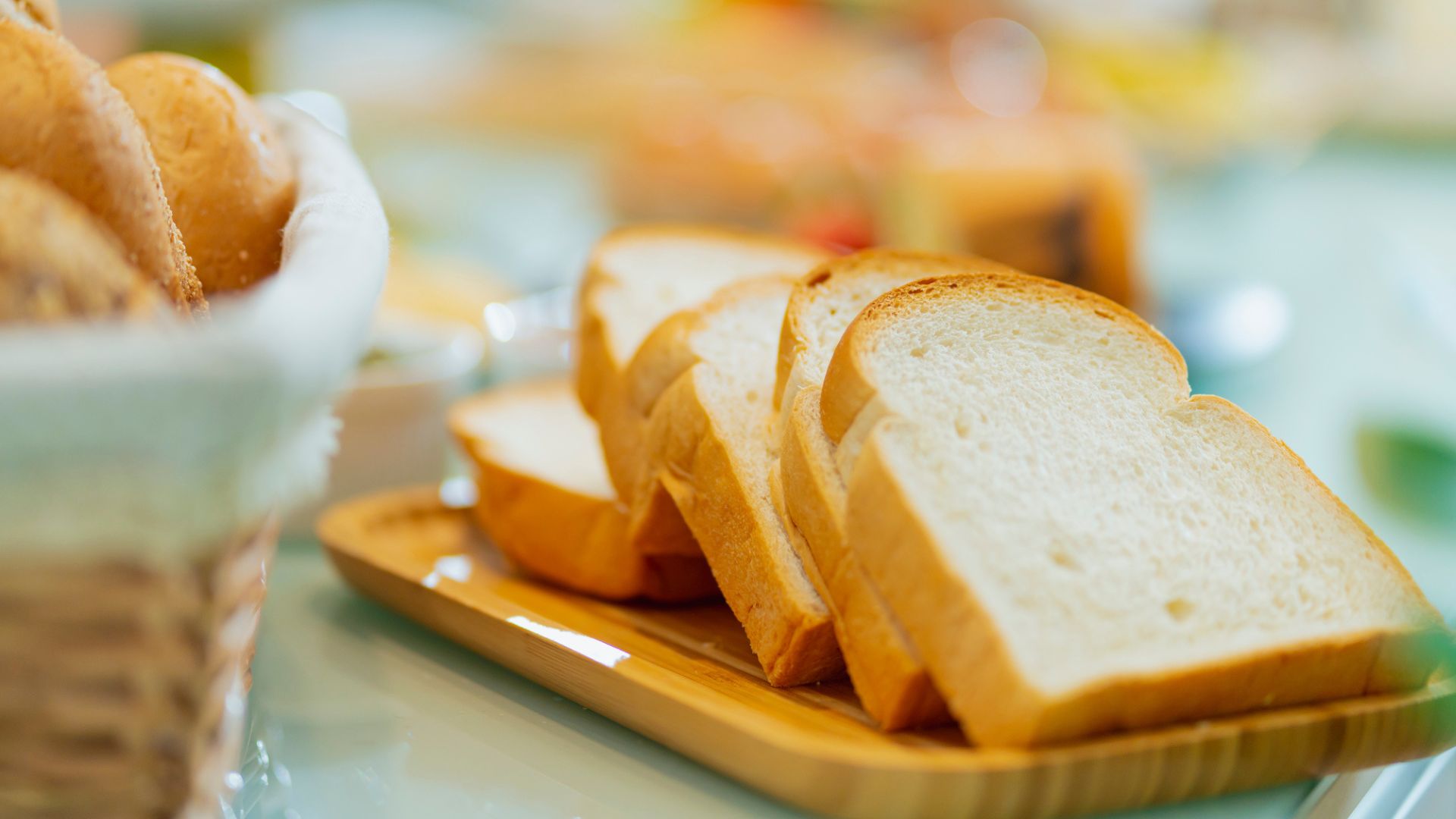
Bland, starchy foods like bread are good to have when you're sick - especially varieties made with white bread flour. Normally, this wouldn't be recommended as white bread flour is low in fibre and absent of many macro and micronutrients, but for the same reasons, it's perfect for those with digestive issues.
White bread is also very soft, which can be easier on the throat if you're dealing with a sore throat or cough.
Ice lollies
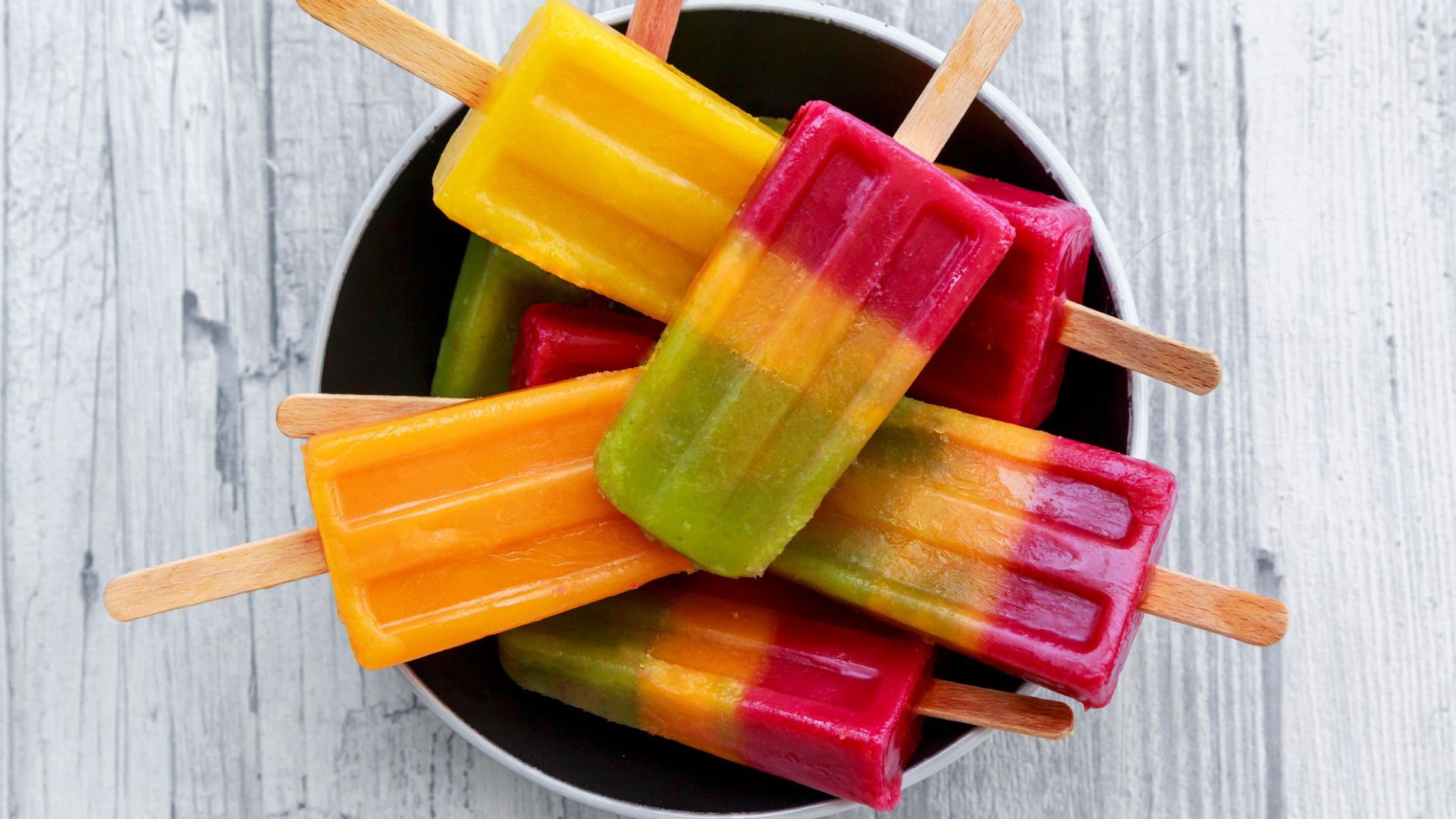
If you're dealing with a cold or flu, ice lollies can help. The cold can soothe dry, sore, prickly or swollen throats without medication, while the sugar will help keep your energy levels up and offer a palate cleanser if you've been on a diet of bland foods.
However, it's best not to have too many. Adding too many foods rich in sugar to your diet while your immune system is under added pressure can increase the demands on your metabolic system, slowing down recovery.
Broth
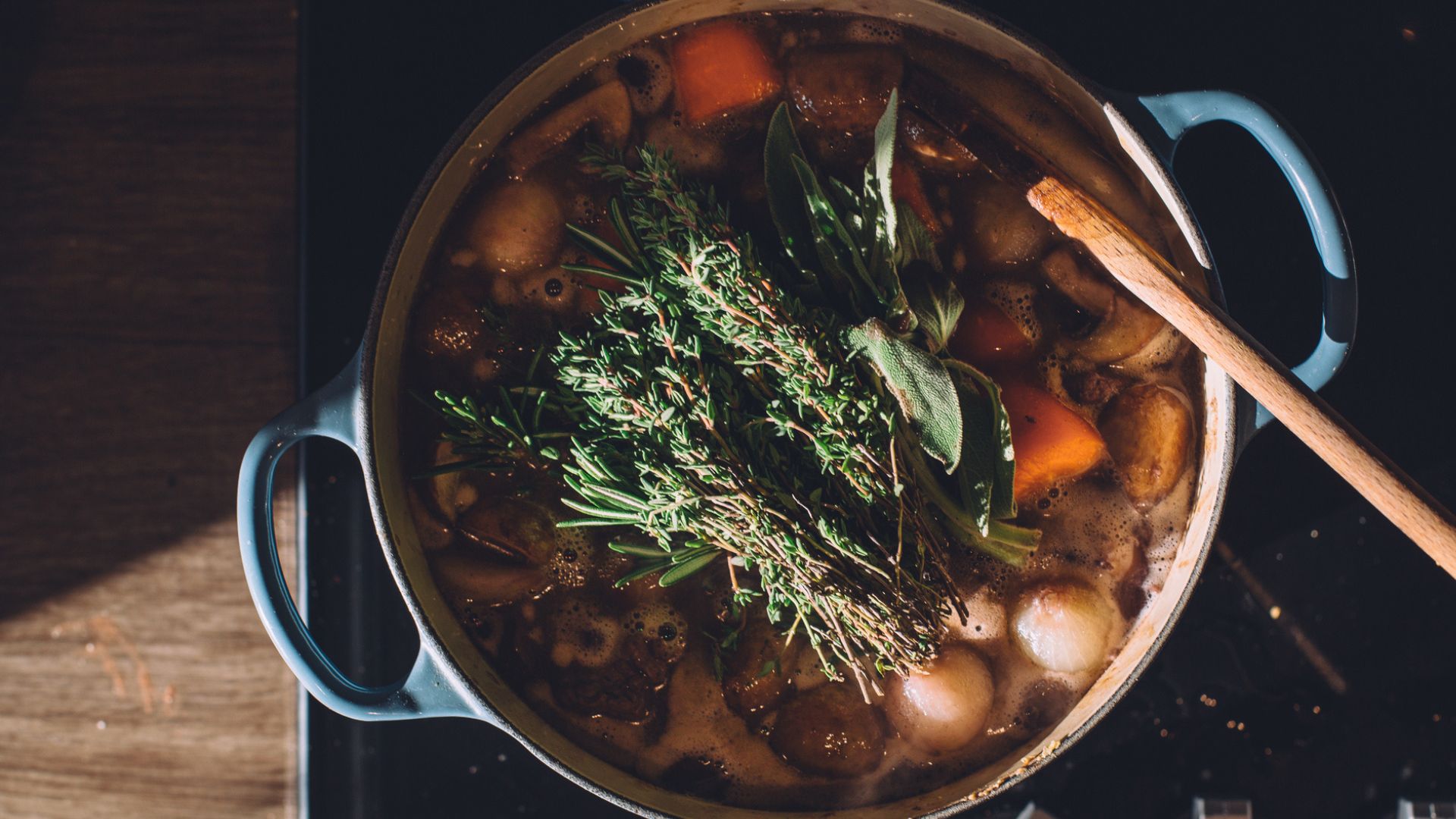
Much like soup, broth is an excellent choice if you're feeling a little worse for wear. Bone broths and those made with meat extracts are best for boosting your intake of vitamins, minerals, protein and electrolytes.
As broth is a water-based food, it can also help keep your hydration levels up.
Grapes
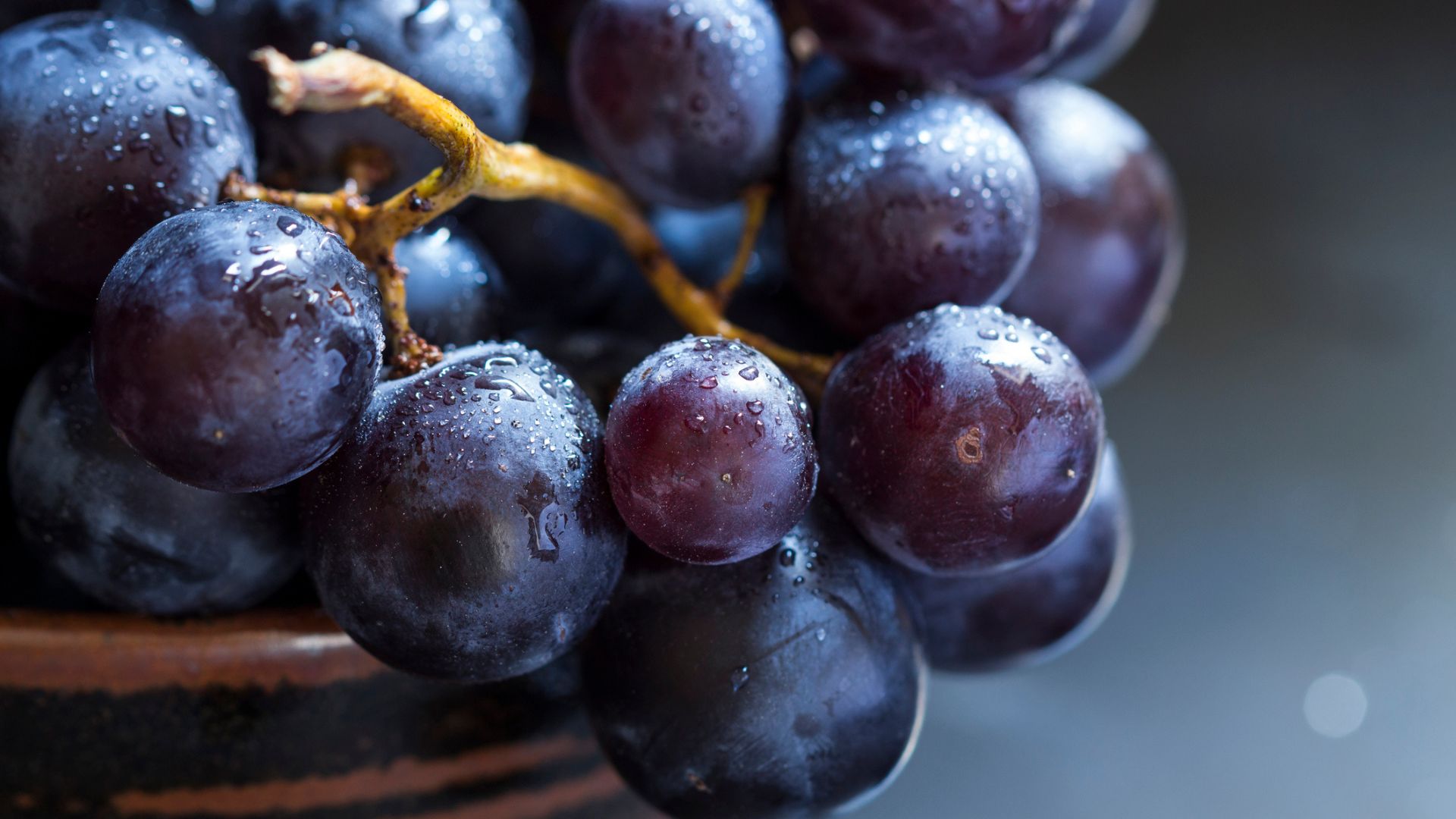
Grapes are rich in antioxidants - essential for an immunity boost - and vitamin C. Whether you go for red or green, they are also loaded with plant compounds resveratrol (the compound that encourages some people to claim red wine is 'good' for you), quercetin, and anthocyanins. These have anti-inflammatory benefits.
Garlic
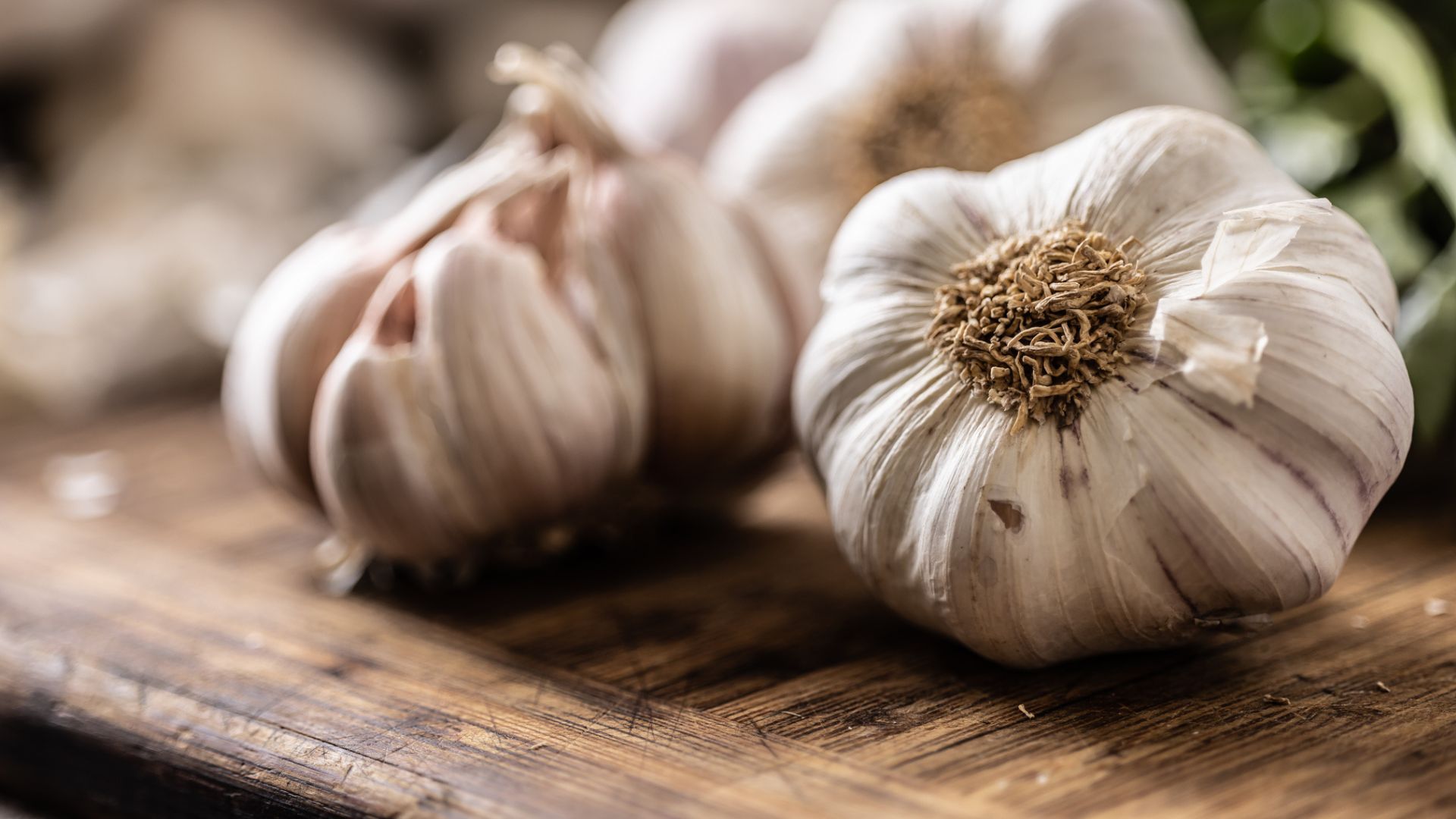
Garlic is a delicious and nutritious addition to any meal, giving it more flavour and various health-boosting compounds. As well as vitamin C and B6, it's rich in sulfur. The sulfur compounds in garlic can help the body to absorb zinc, a trace element in the root that's a known immunity booster.
It's also rich in phosphorus, potassium and magnesium, all of which can help boost the immune system and general health.
To get the most out of the benefits, raw garlic or aged garlic extract is best.
Honey
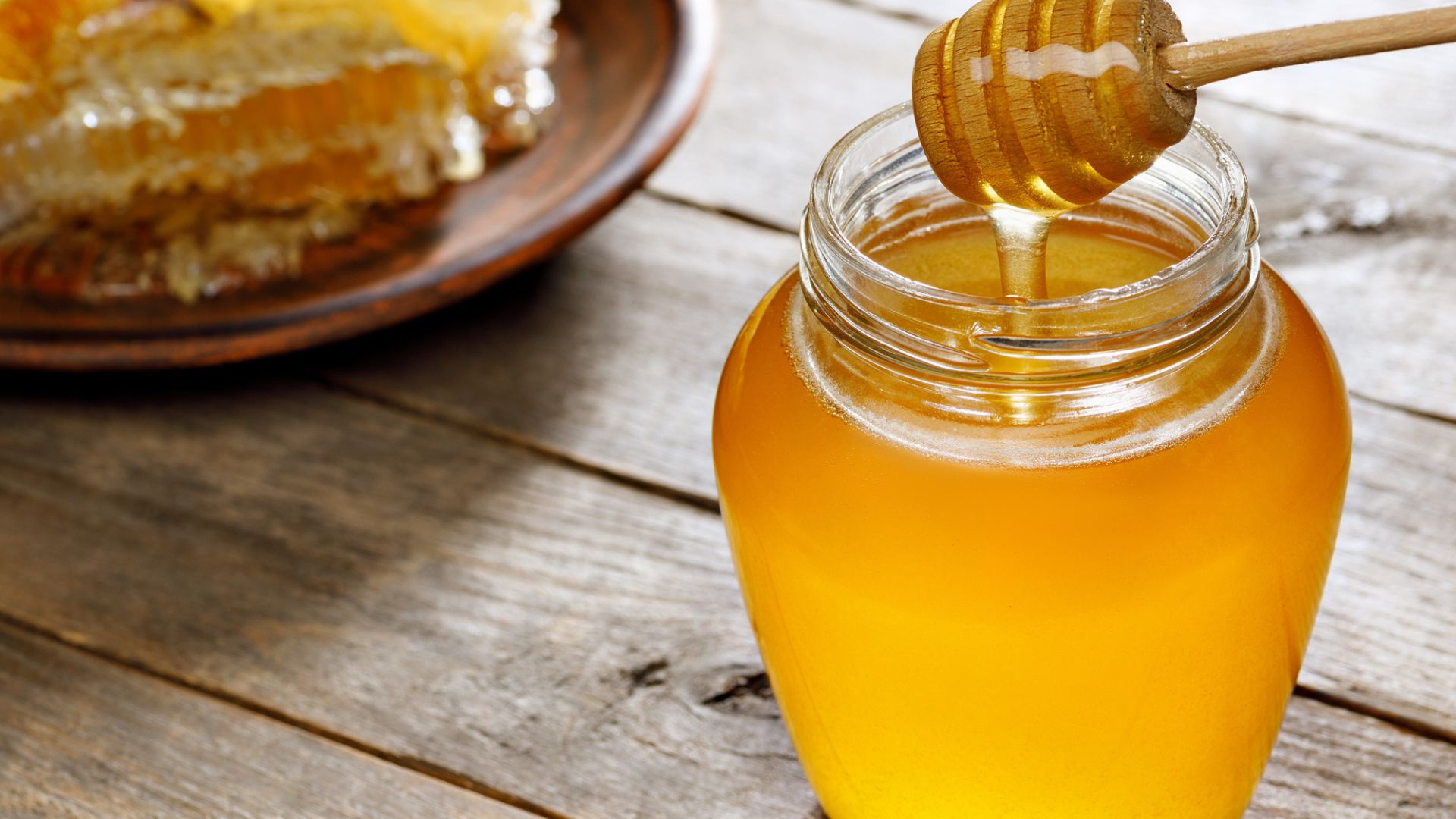
Honey is another flu-fighting tool that's been used for generations. Many people drink tea or warm water mixed with lemon and honey to sooth a sore throat but it's also rich enough in antioxidants and antimicrobial properties that it can help to fight against colds on its own.
Hot chilli peppers
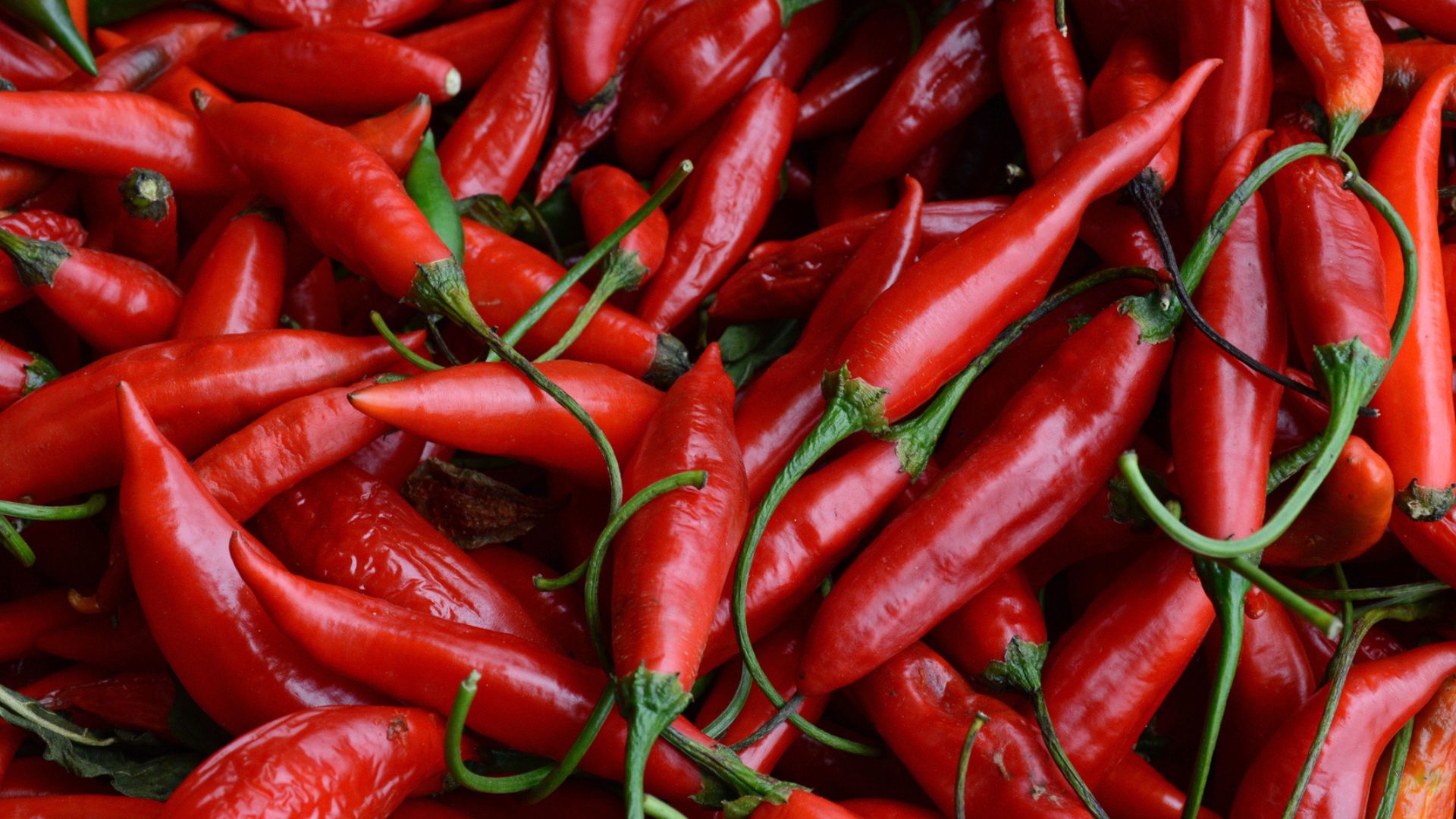
Hot chilli peppers and spicy foods can be a great go-to if you're dealing with cold or flu-like symptoms - but best avoided if you're having any digestive issues.
Spicy foods like chilli peppers contain capsaicin - a compound that makes food naturally spicy. Capsaicin has been known to help clear and thin mucus in the nasal passages, which can help with congestion. It can help to reduce the severity of any coughing.
Pineapple
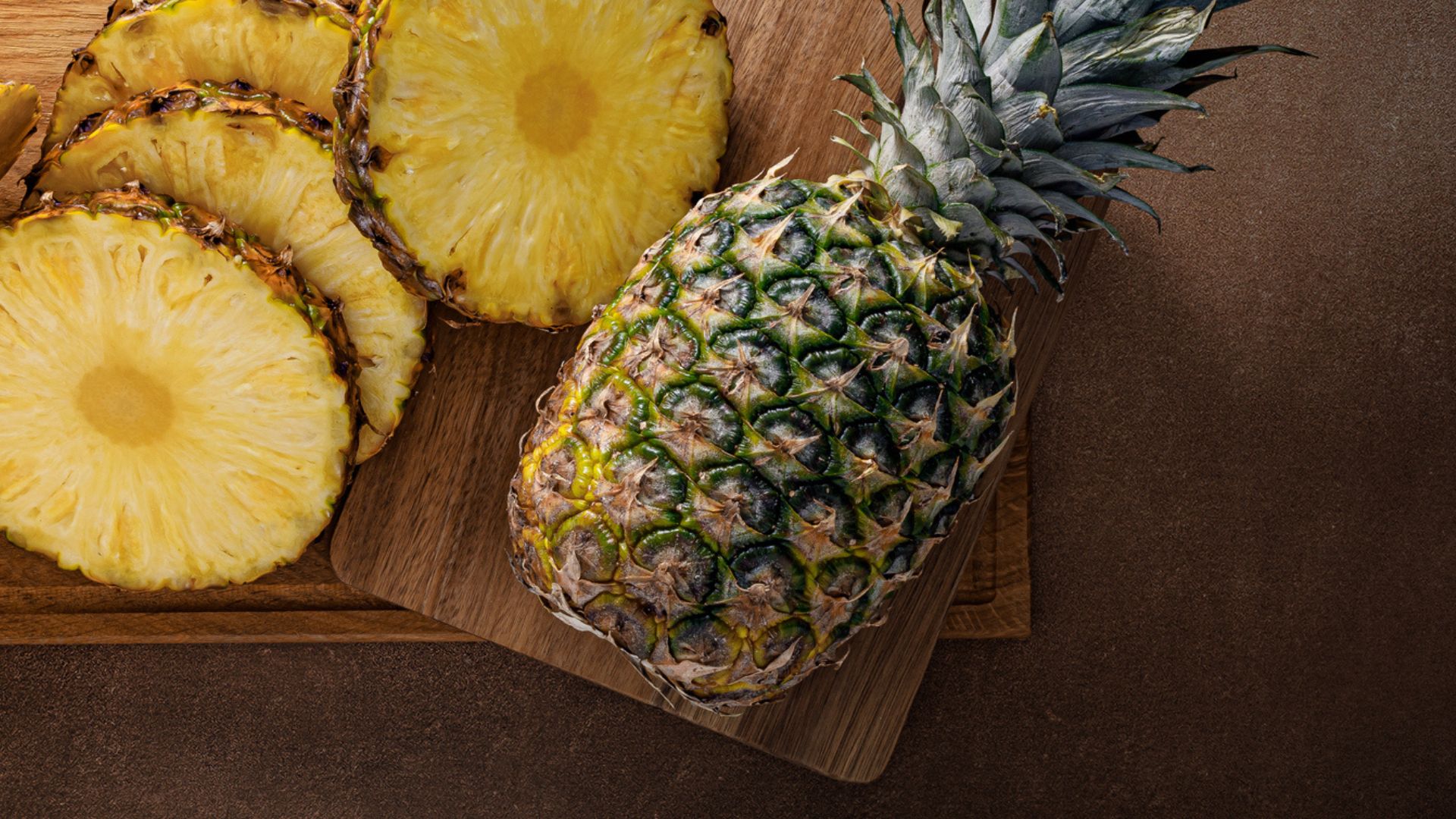
Bromelain is a mixture of enzymes that's known to help thin mucus and alleviate congestion. Pineapple is particularly rich in this enzyme mixture, in other anti-inflammatory properties, and in vitamin C, which can help with symptoms of cold and flu.
If you're suffering from nausea or digestive issues, the bromelain can also be useful as these are digestive enzymes that can help to break down food more effectively for some people.
Kefir yogurt
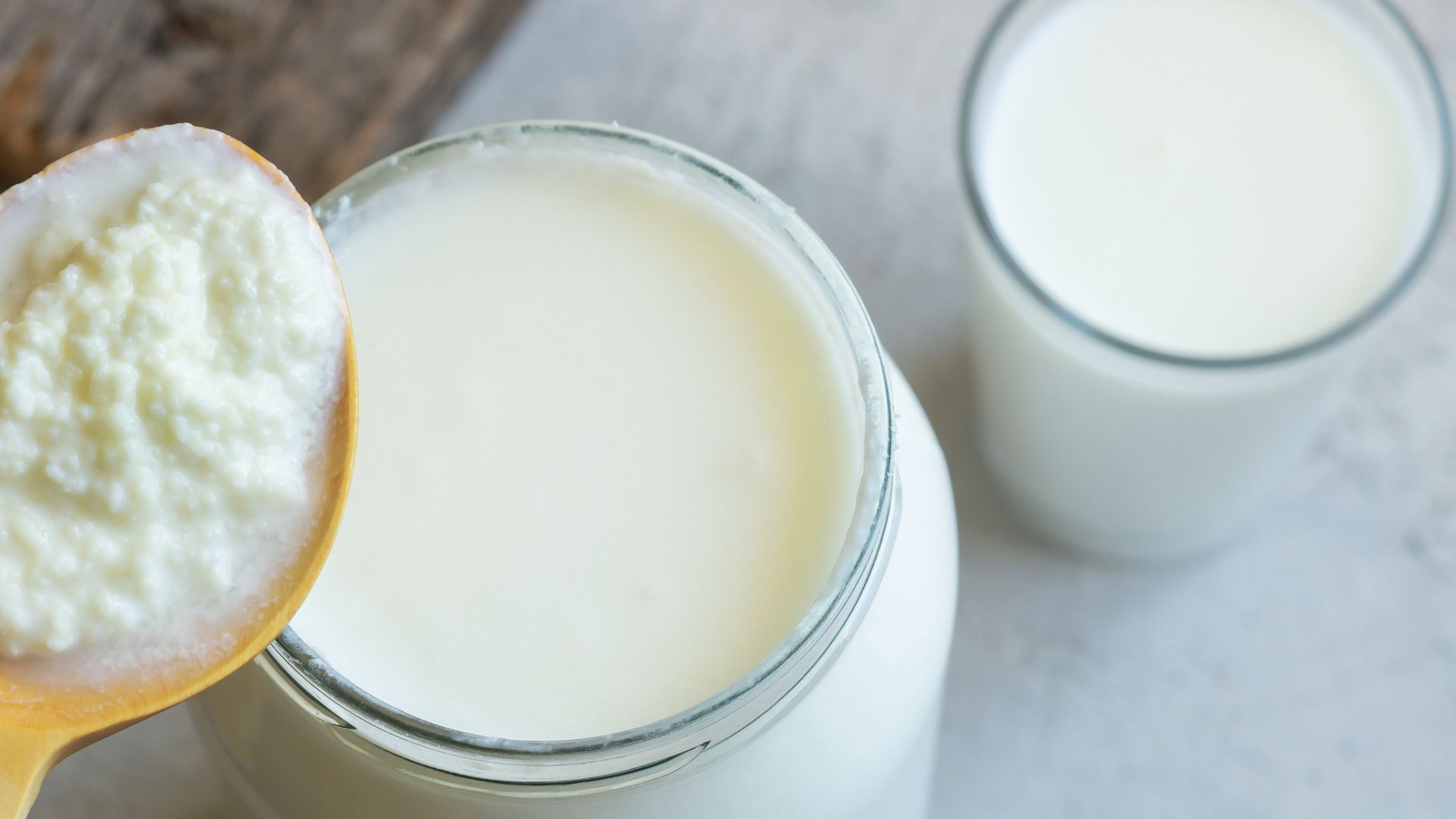
Kefir yoghurt is made from fermented dairy milk so, much like other fermented foods, it contains probiotics that can help your gut recover from episodes of sickness. This is especially important if you've had food poisoning or a bacterial sickness as the balance of gut microbes may be off balance, with more harmful bacteria in your system than good.
Some studies have also shown that probiotics can be beneficial when you have a cold or flu and help alleviate symptoms.
Avocado
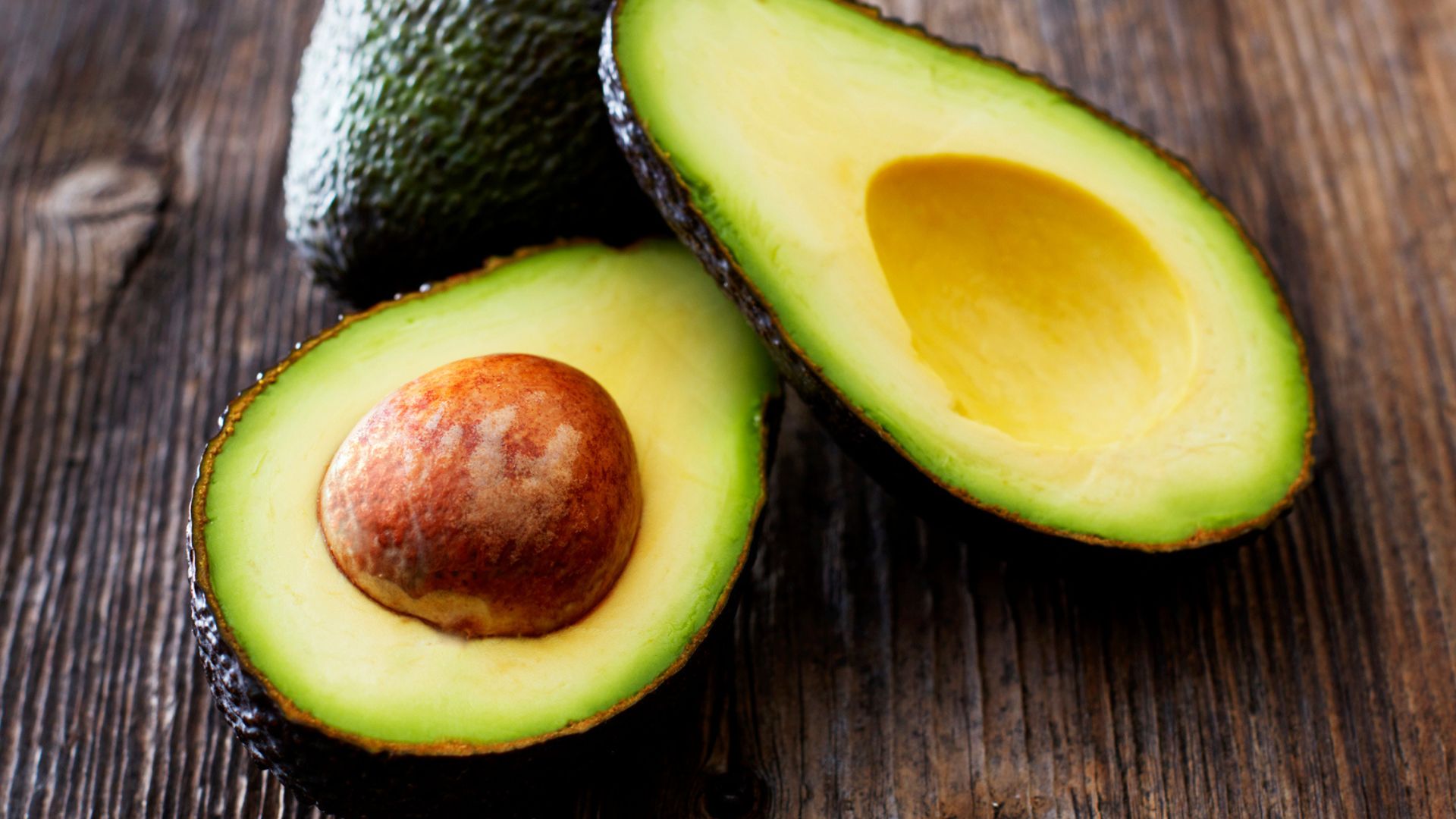
Avocados are rich in fibre, healthy fats, vitamins, and minerals. This makes them one of the best foods to eat when you're feeling under the weather as they can keep your calories topped up if you don't have an appetite and replenish lost vitamin stores. They are also soft and taste quite bland, making them easier on the digestive system than some other foods.
Spinach
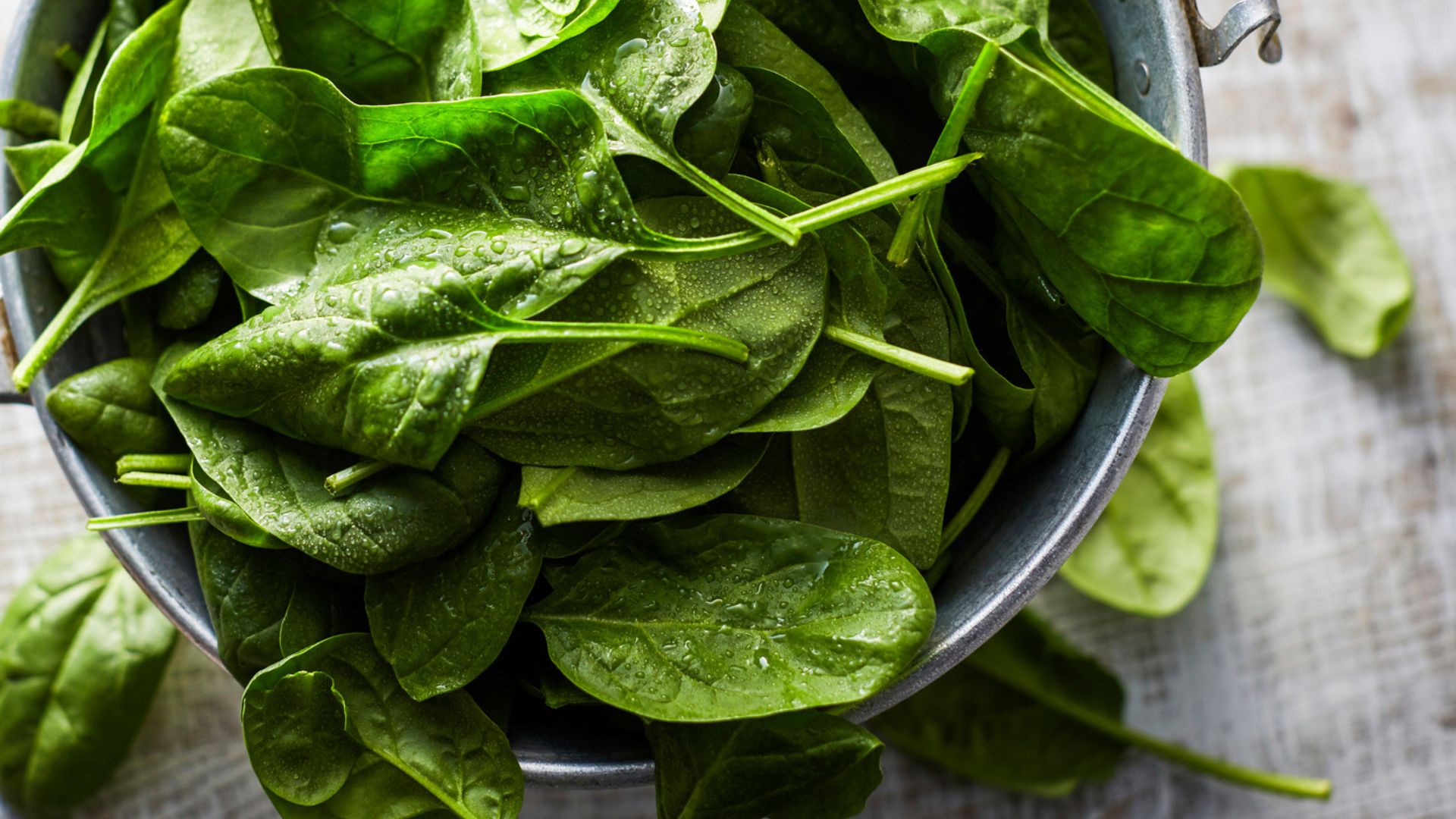
Spinach and leafy green vegetables are a great addition to your diet if you're feeling under the weather or recovering from a bout of sickness. As a good source of essential vitamin A, C, E and K, spinach ticks so many boxes.
Spinach is also one of the more versatile vegetables out there, so if you're struggling to digest food or have a sore throat, you can still make the most of it. It blends well into a fruit smoothie, you can add it to soups, or toast it up and scatter it over the top of your eggs.
Salmon
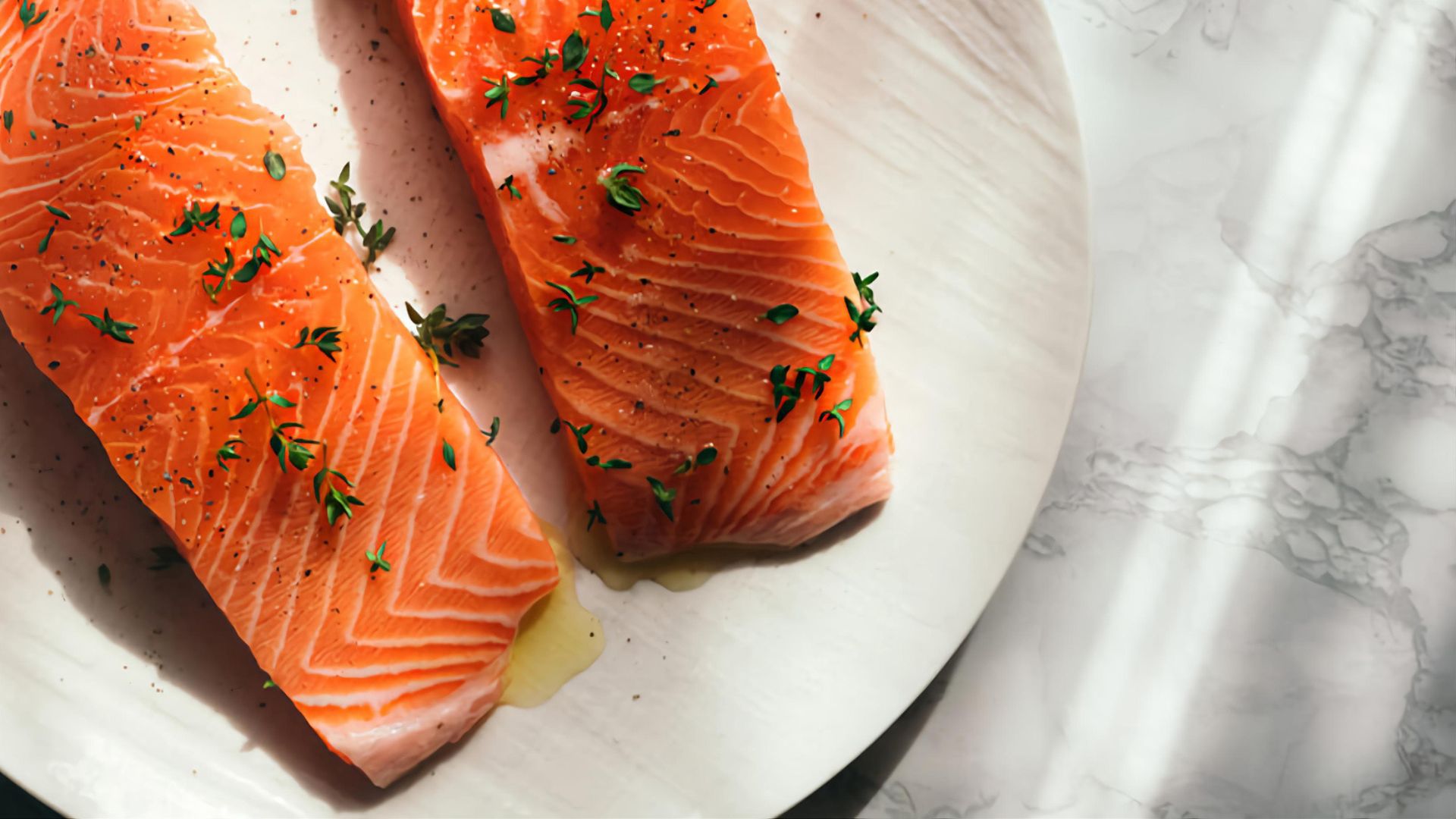
Salmon is a fatty fish rich in protein, vitamin B6 and omega-3, making it the perfect food to eat when you're sick. It's soft in texture so good for those with a sore throat, and it has strong anti-inflammatory properties that can help your immune system work efficiently.
Tofu
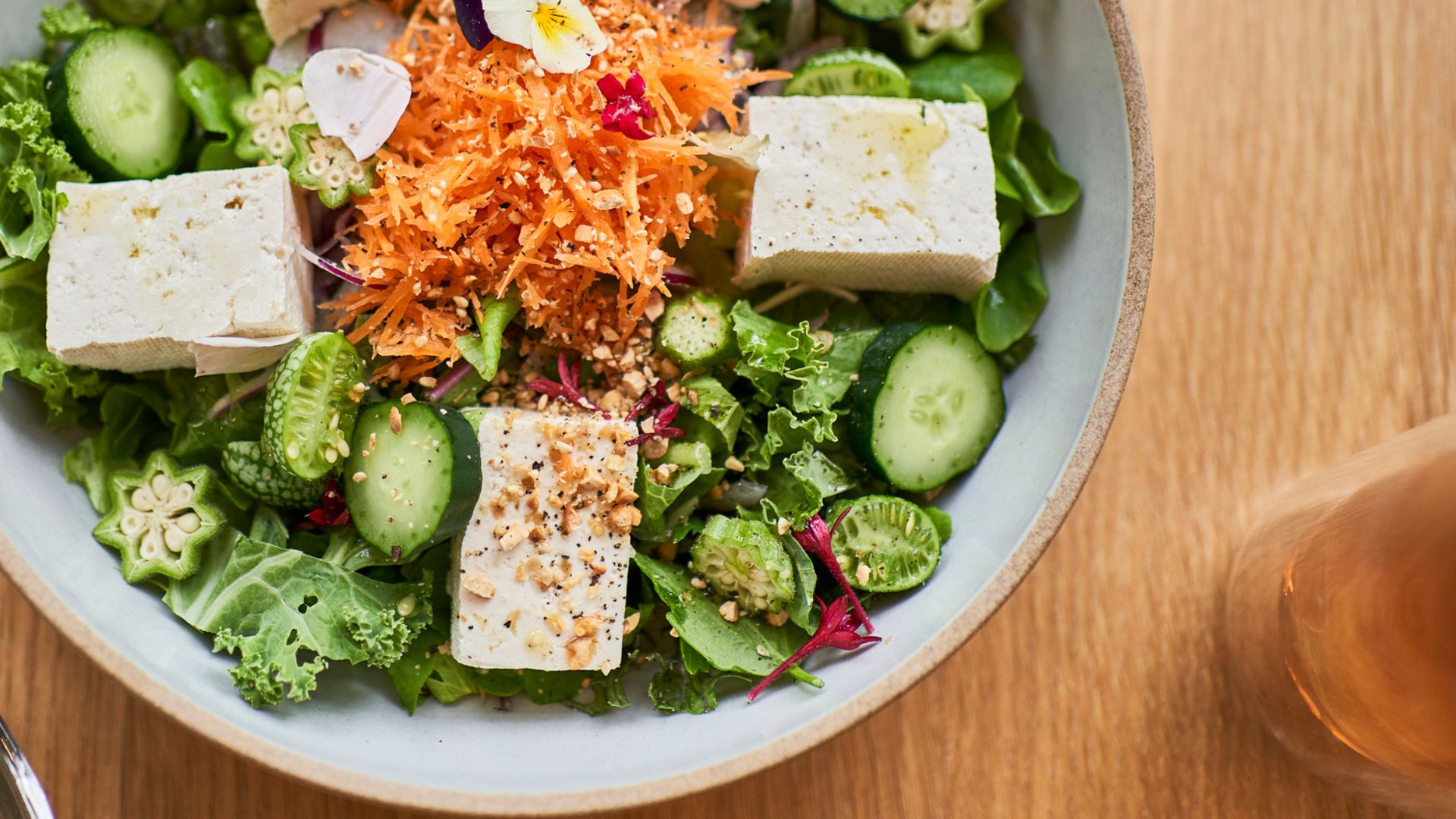
Tofu is an excellent protein-rich meat alternative if you're not in the mood for chicken or fish, or you're having trouble stomaching some richer foods.
As a soy-based product, it can taste fairly plain on its own so if your stomach is comfortable with spices then add these to your tofu before cooking. If your stomach is sensitive, however, it's best to leave these out.
Porridge
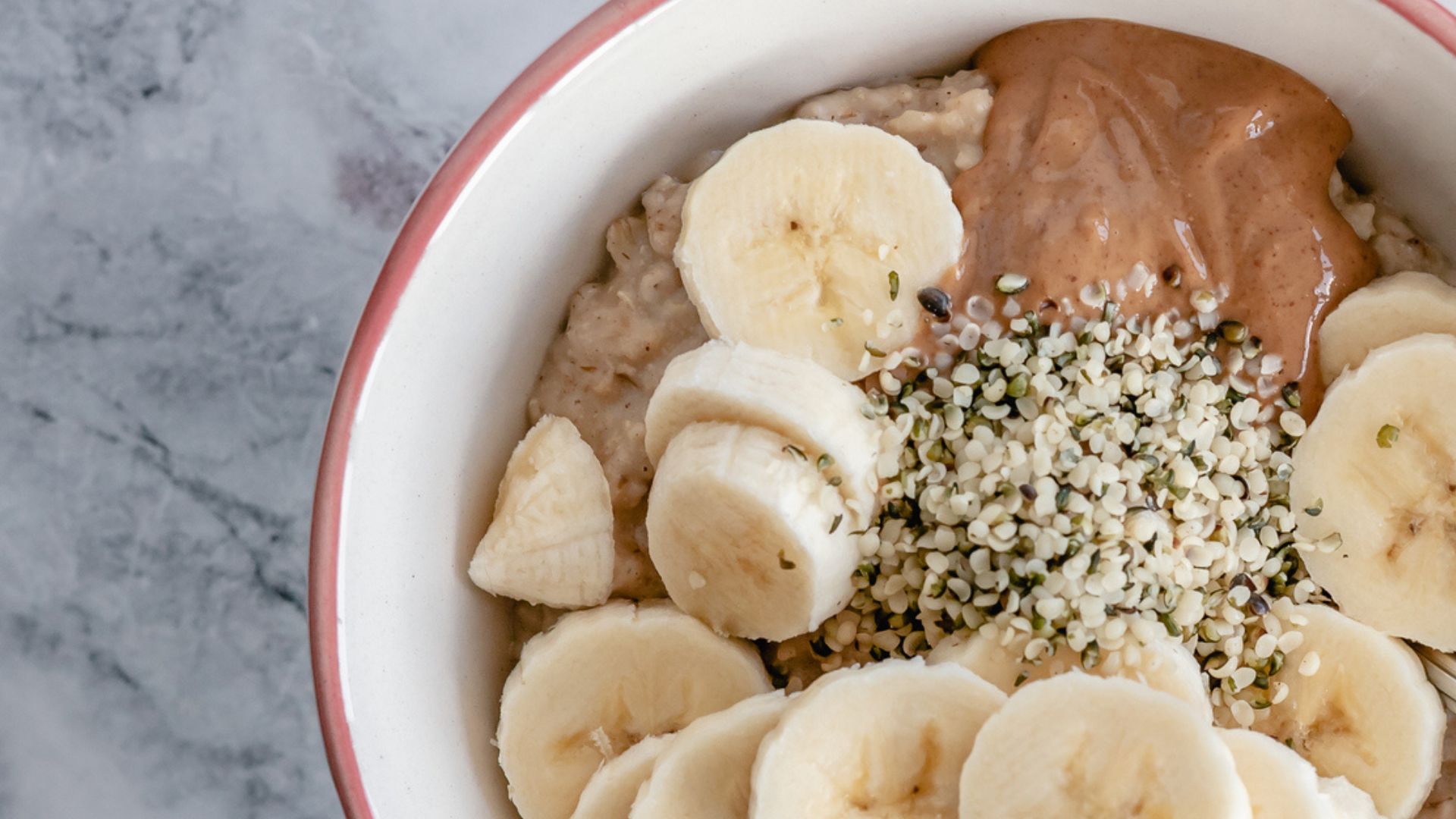
Porridge and other oat-based foods tend to be bland and have a little flavour on their own. If you're dealing with food poisoning, digestive complaints or nausea, this can be a great food to incorporate into your diet. Oats also contain a good number of calories, vitamins and minerals to help replenish lost supplies.
Coconuts
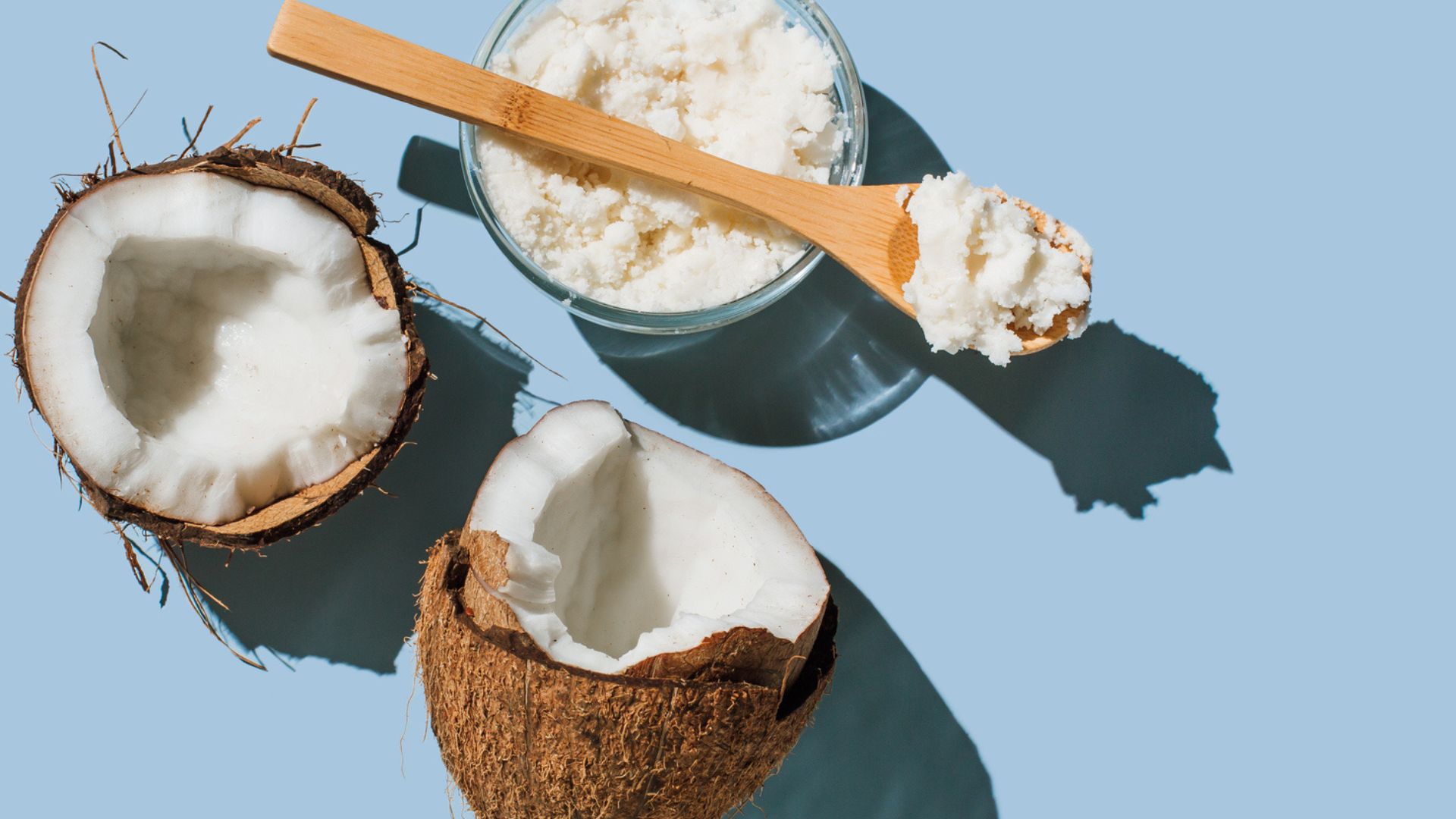
Coconuts or drinks with coconut, like coconut water, are also a good choice to replenish lost vitamins, minerals, and electrolytes. This tropical fruit is rich in tannins - compounds that can help to bring down inflammation - and high in minerals like sodium and potassium. These two minerals serve as electrolytes that keep the body properly hydrated.
Beans
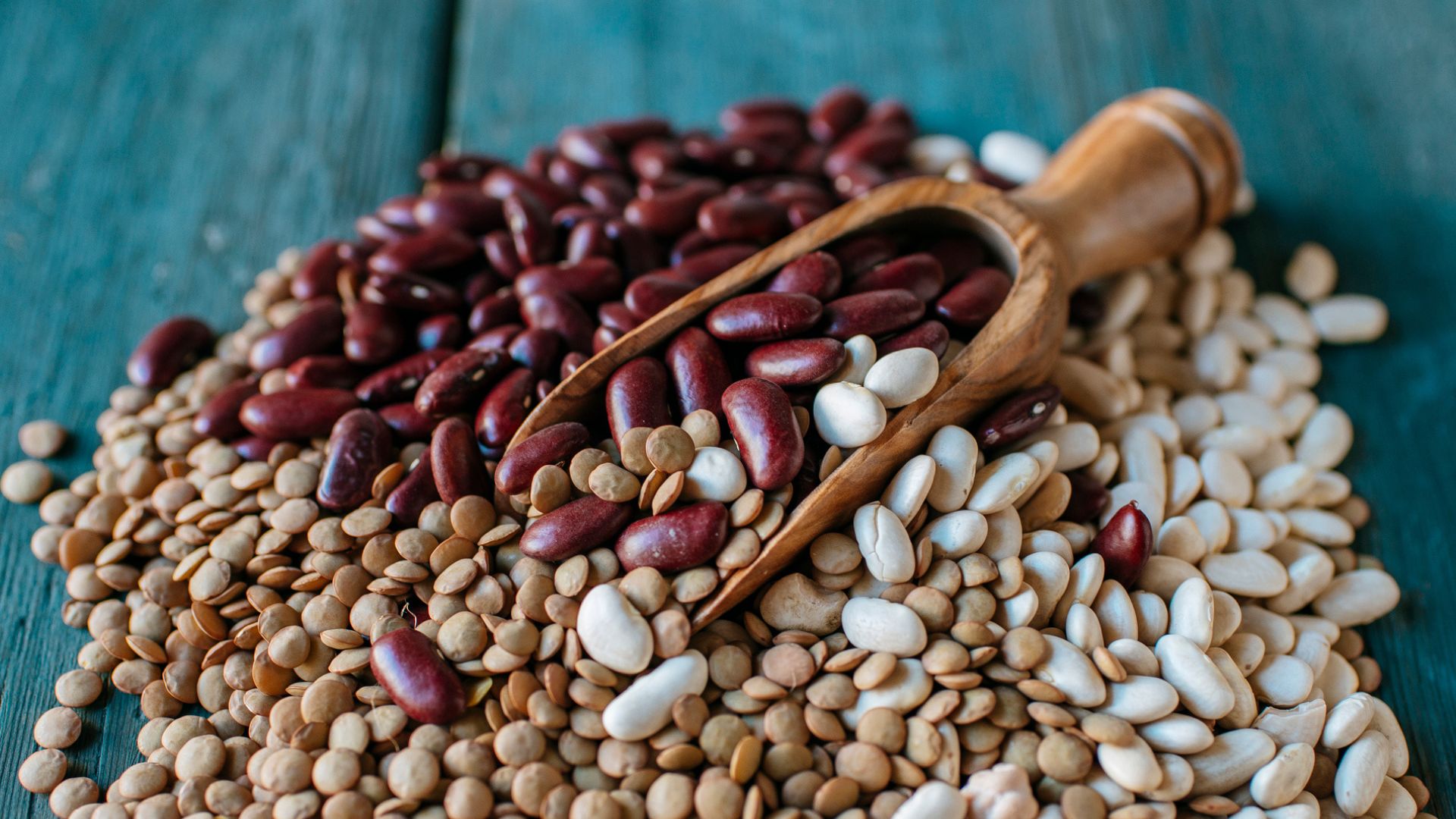
While it's common to experience digestive issues with viruses like colds and flu and bacterial sickness, constipation often isn't the problem. Yet, it is for some people.
Eating foods like black beans and kidney beans contains high amounts of fibre and protein, both macronutrients that can help the digestive system to function and keep things moving.
Applesauce
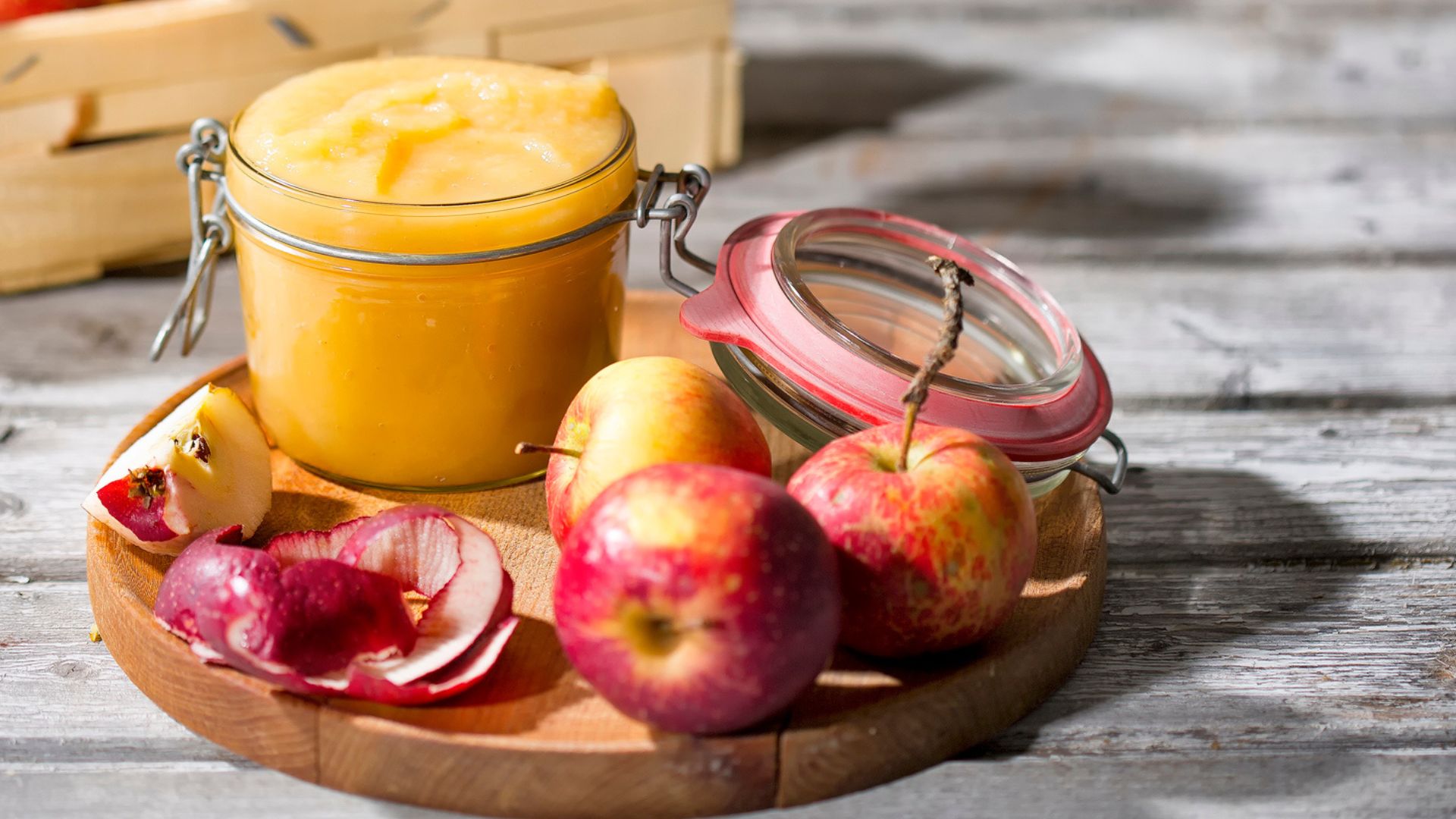
Applesauce may be a condiment you reserve for your roast pork normally but, when you're ill, it can be one of the best foods to eat.
Applesauce, made from real apples, is a great source of potassium and vitamin C, both of which help the immune system to work effectively. However, applesauce tends to have much less fibre than the raw fruit itself - a win for those who are also dealing with digestive issues.
Chia seeds
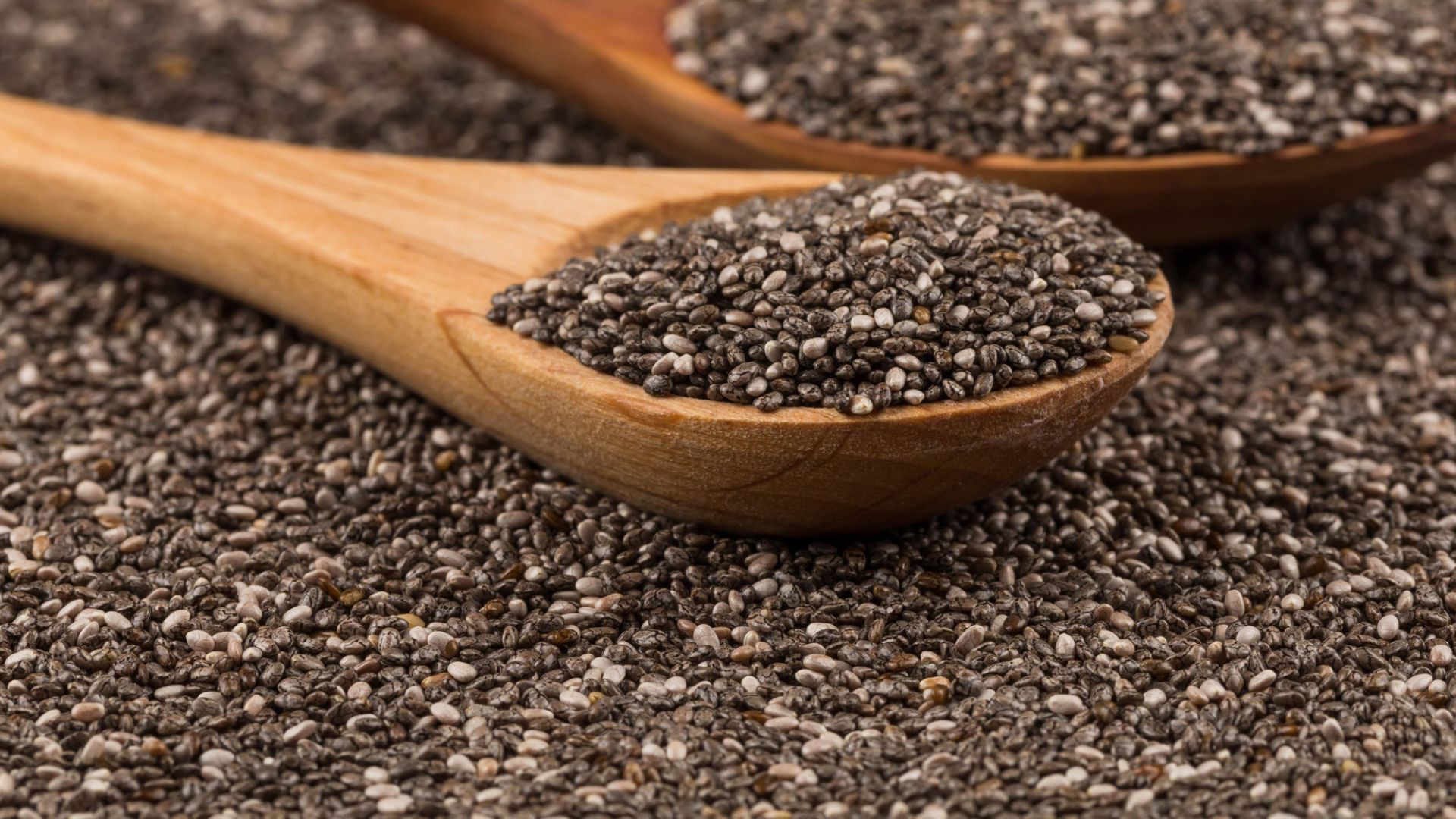
Eating chia seeds on their own or sprinkled onto porridge is a good idea at any time - but especially if you're feeling under the weather. Chia seeds are rich in omega-3s, which can help reduce any inflammation in the body. Inflammation tends to manifest as body aches, headaches, and ear aches, all of which are common cold and flu symptoms.
White rice
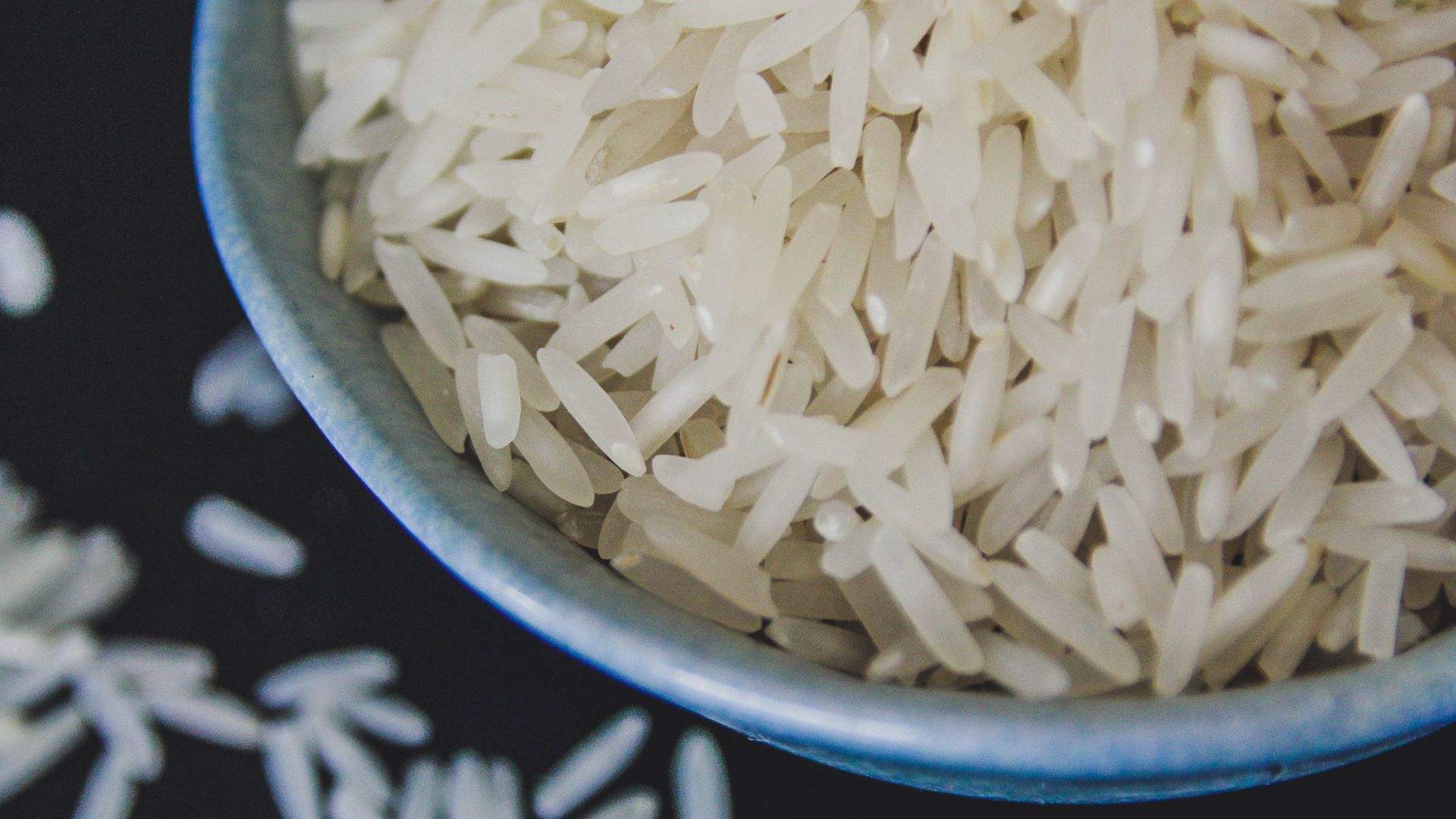
White rice, just like white bread or pasta, is normally a no-go (or go but in limited amounts) as it's relatively low in fibre and other nutrients. But when you're feeling sick, especially with nausea, vomiting and digestive issues, it can be the way forward.
White rice is made from simple carbohydrates and is low in fibre, so it's unlikely to upset the digestive system but can help keep your calorie intake topped up until you feel better.
Potatoes
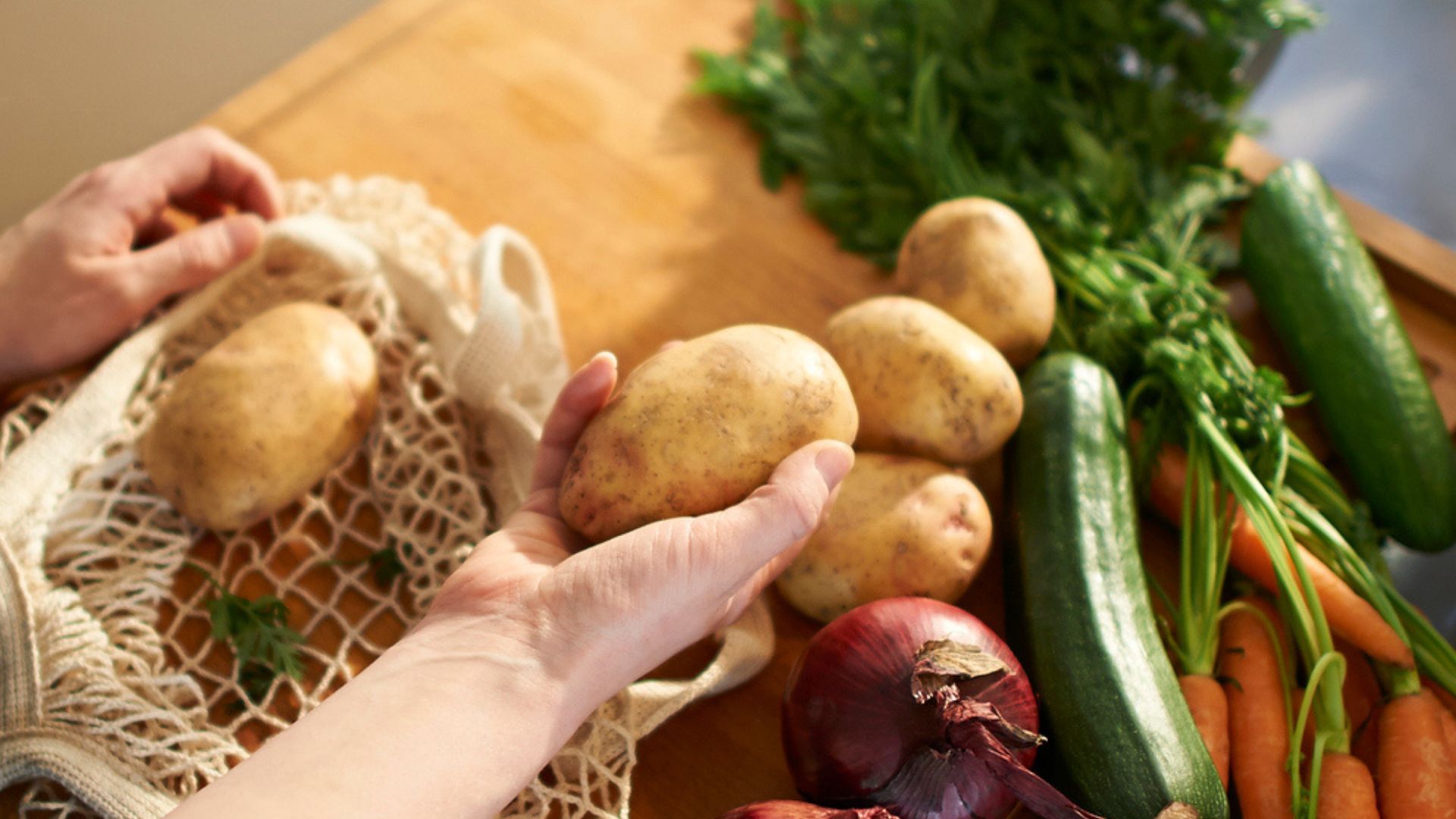
Potatoes - when boiled or baked - can offer a much-needed boost to your immune system. The carbohydrate-rich vegetable has a surprising 27mg of vitamin C per medium sized serving.
They also contain a good amount of fibre and iron if you eat them with the skin on, which is useful for a health digestive system.
Pretzels
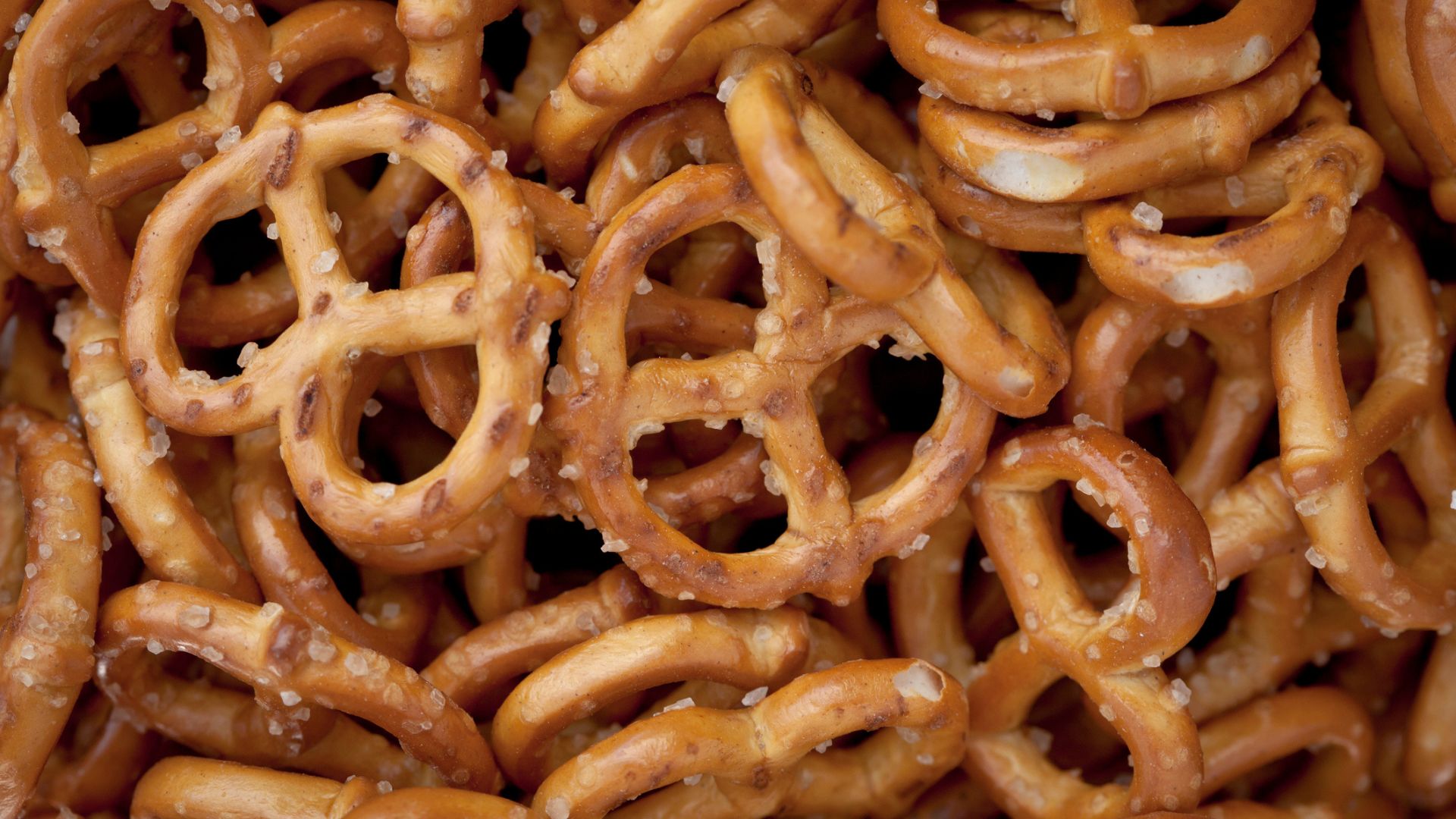
It's a good idea to stick to plain foods when you're feeling nauseous - bread, pasta, rice, and so on. But if you've been recovering from a stomach bug for a couple of days, your palate might need a refresh.
Many pretzels come with a salty later over the top, making them moreish snacks. This can help you get your appetite back.

Grace Walsh is woman&home's Health Channel Editor, working across the areas of fitness, nutrition, sleep, mental health, relationships, and sex. She is also a qualified fitness instructor. In 2025, she will be taking on her third marathon in Brighton, completing her first ultra marathon, and qualifying as a certified personal trainer and nutrition coach.
A digital journalist with over seven years experience as a writer and editor for UK publications, Grace has covered (almost) everything in the world of health and wellbeing with bylines in Cosmopolitan, Red, The i Paper, GoodtoKnow, and more.
-
 Dr Amir Khan reveals the 5 symptoms you should 'never' ignore, no matter how 'vague' they are
Dr Amir Khan reveals the 5 symptoms you should 'never' ignore, no matter how 'vague' they areDr Amir Khan, a GP who often appears on ITV's Lorraine, took to Instagram this week to share the symptoms he'll always take a second look at
By Grace Walsh
-
 Head to Hobbs for holiday-ready linen and the most elegant summer dresses you’ll find on the high street
Head to Hobbs for holiday-ready linen and the most elegant summer dresses you’ll find on the high streetWondering where to shop for a chic summer wardrobe? Hobbs has you covered
By Caroline Parr
